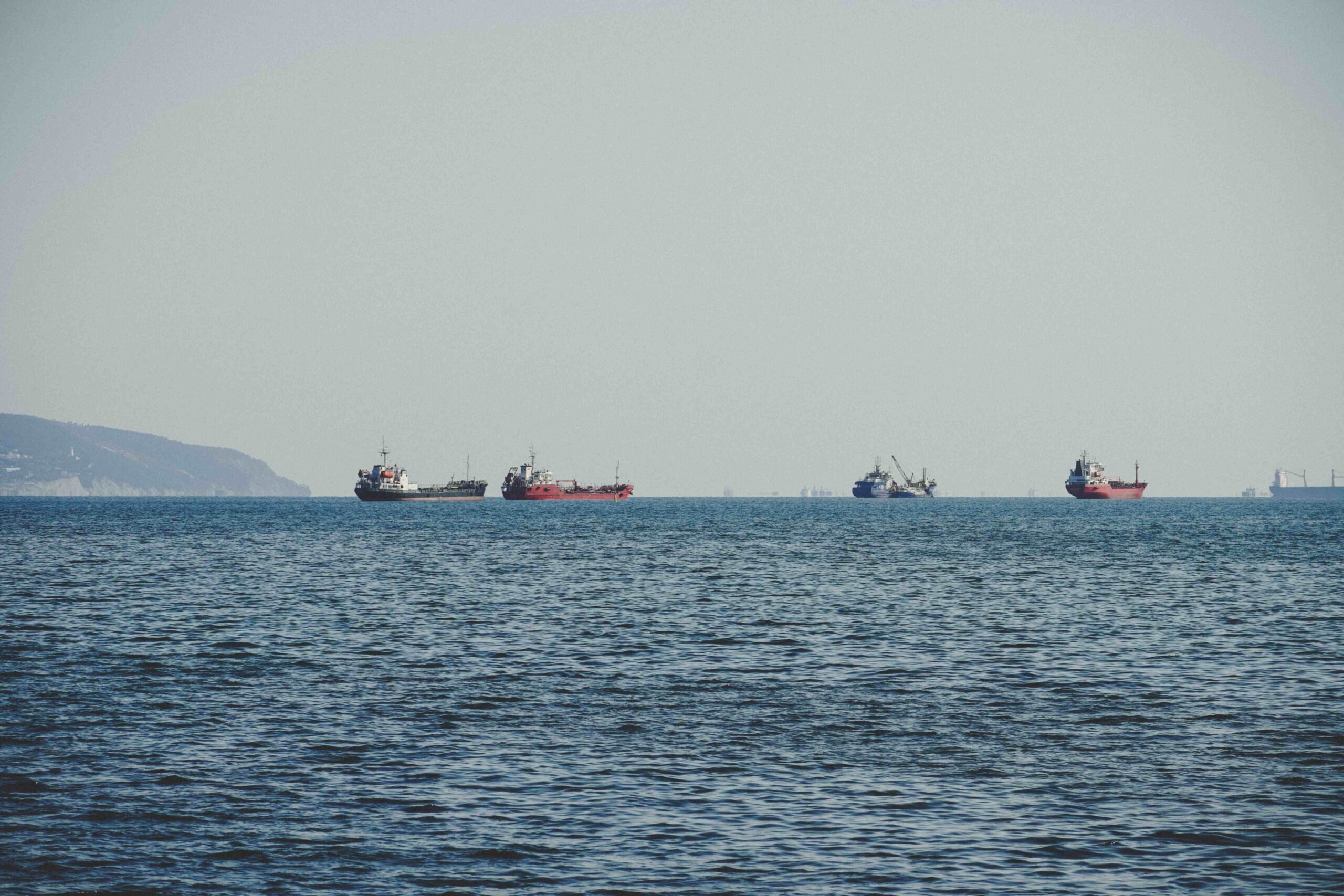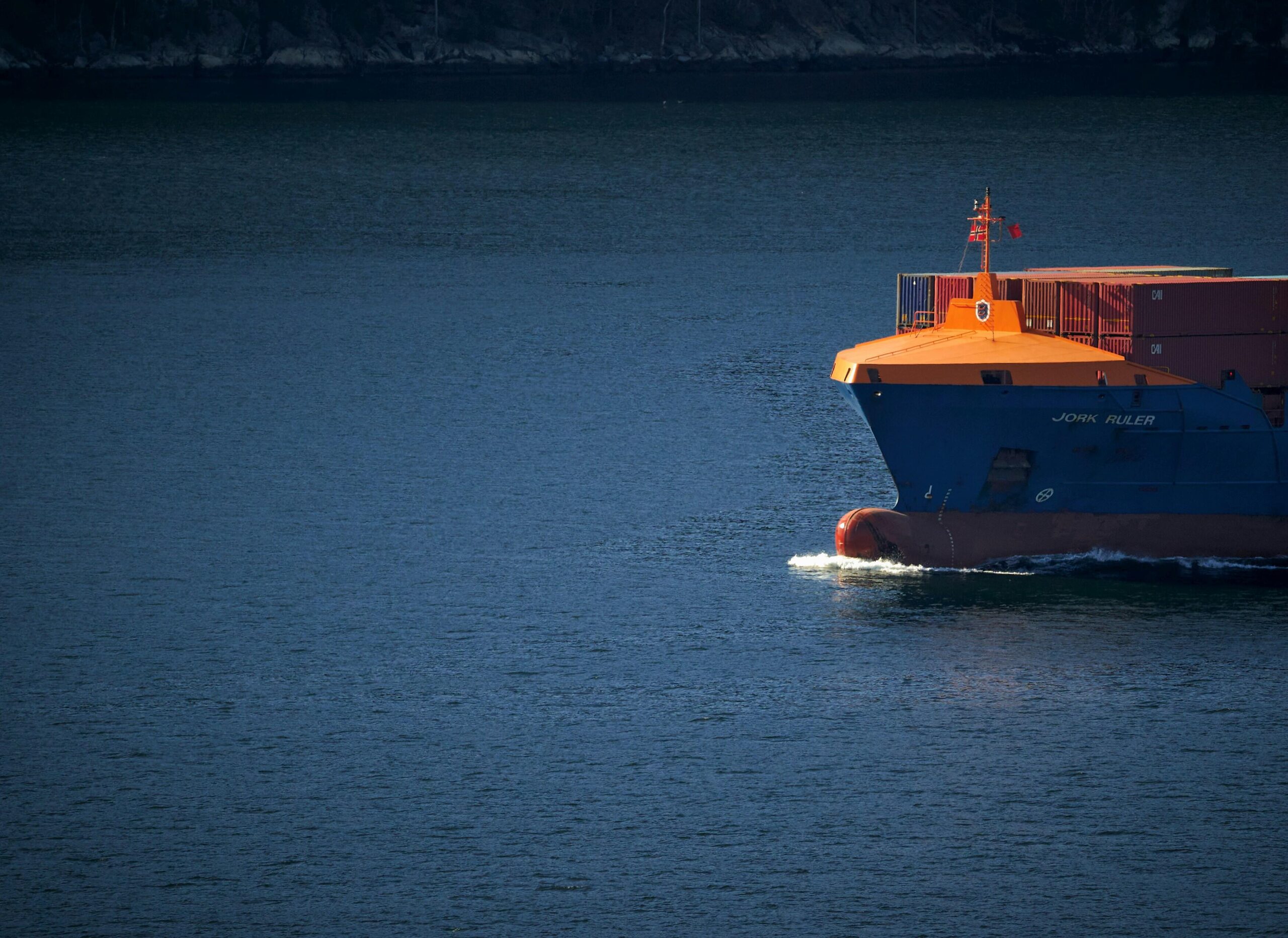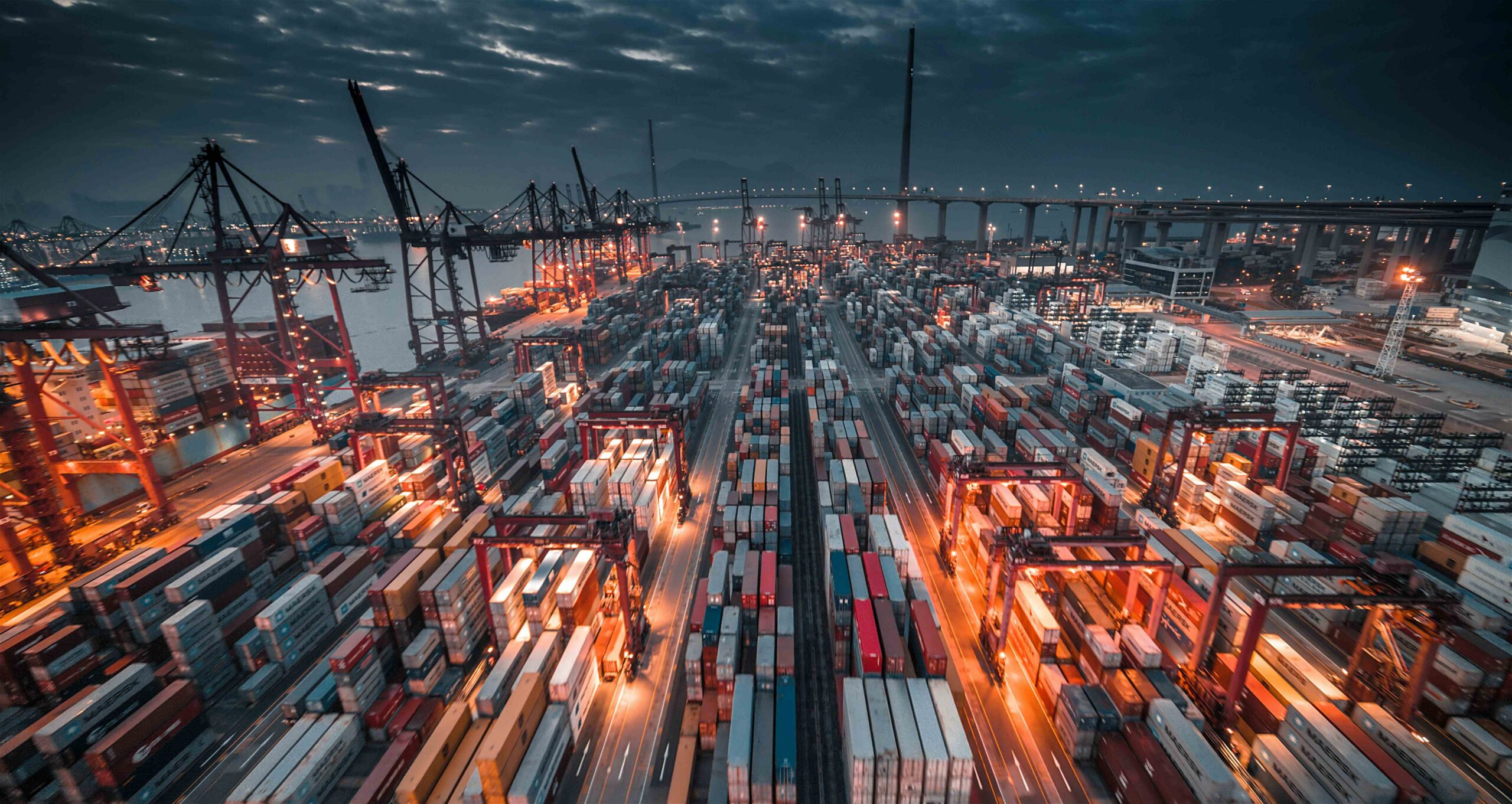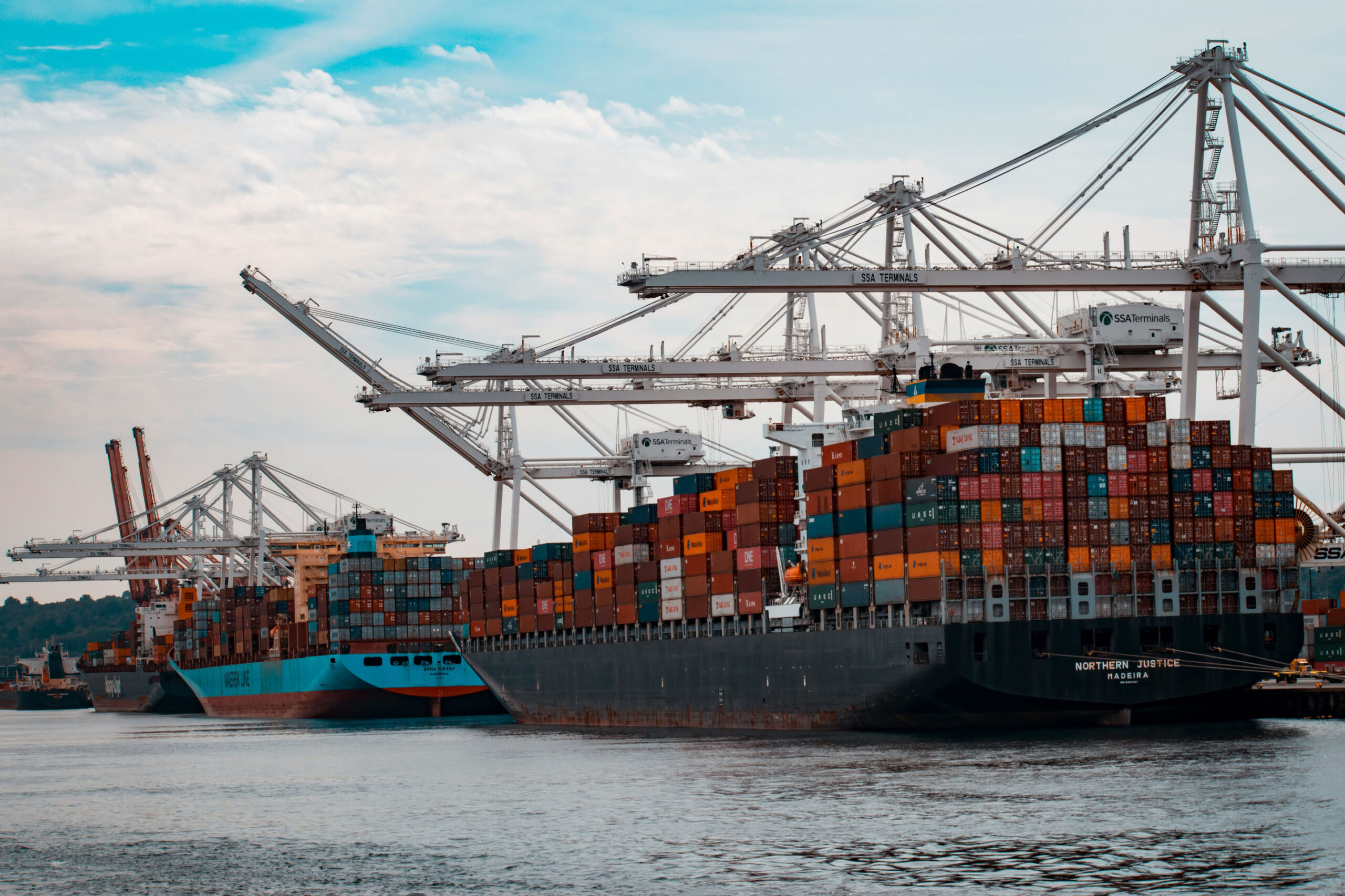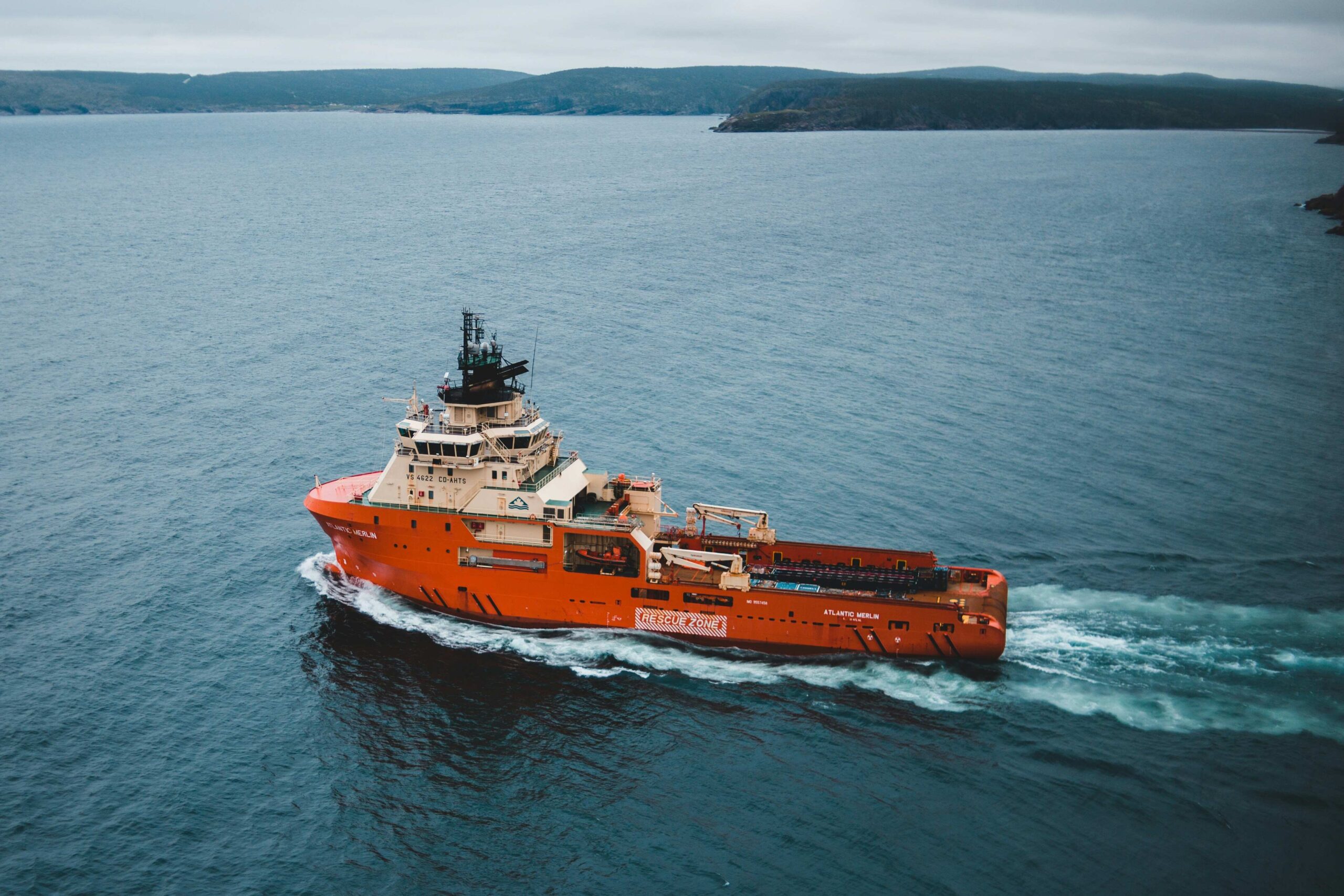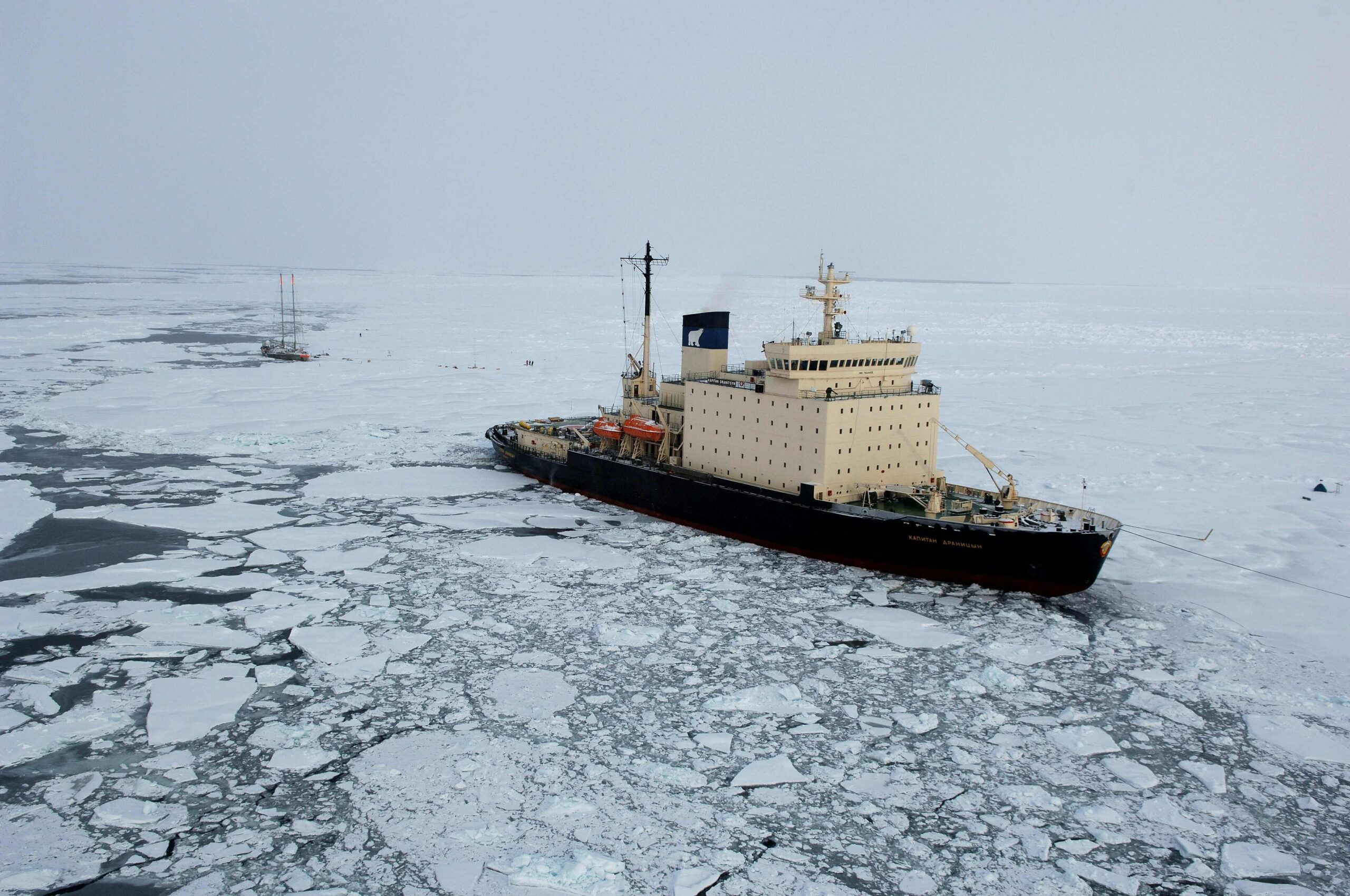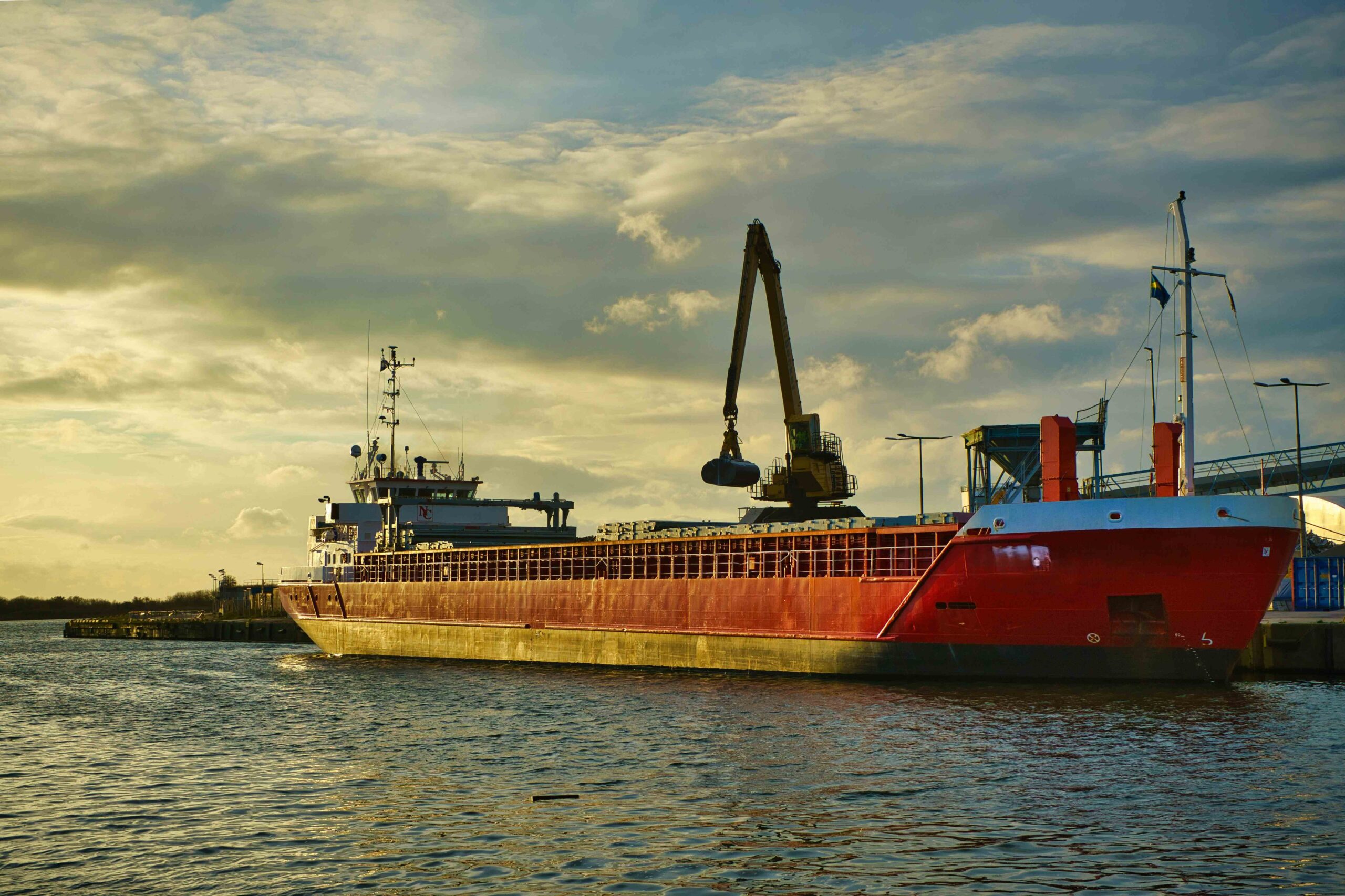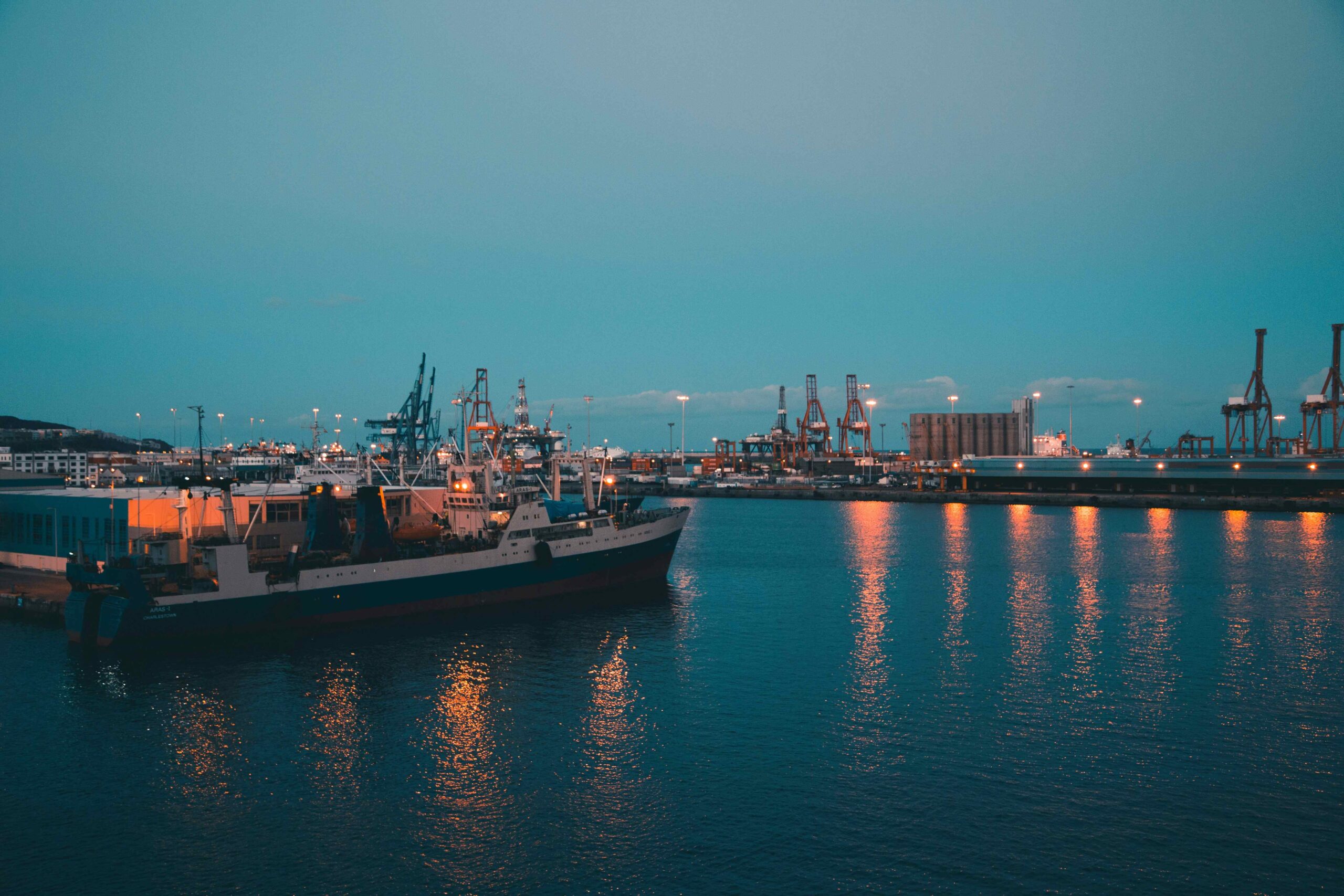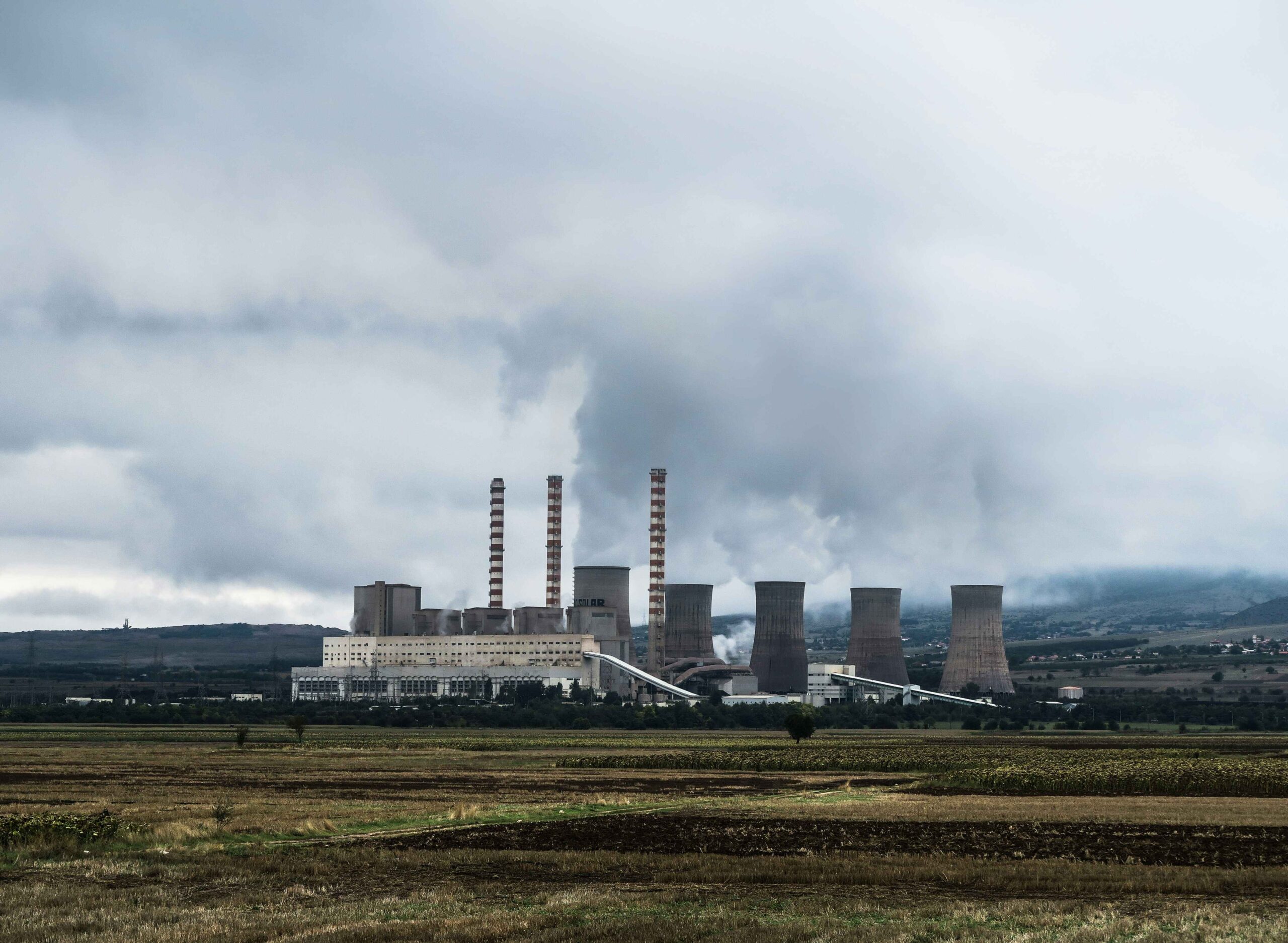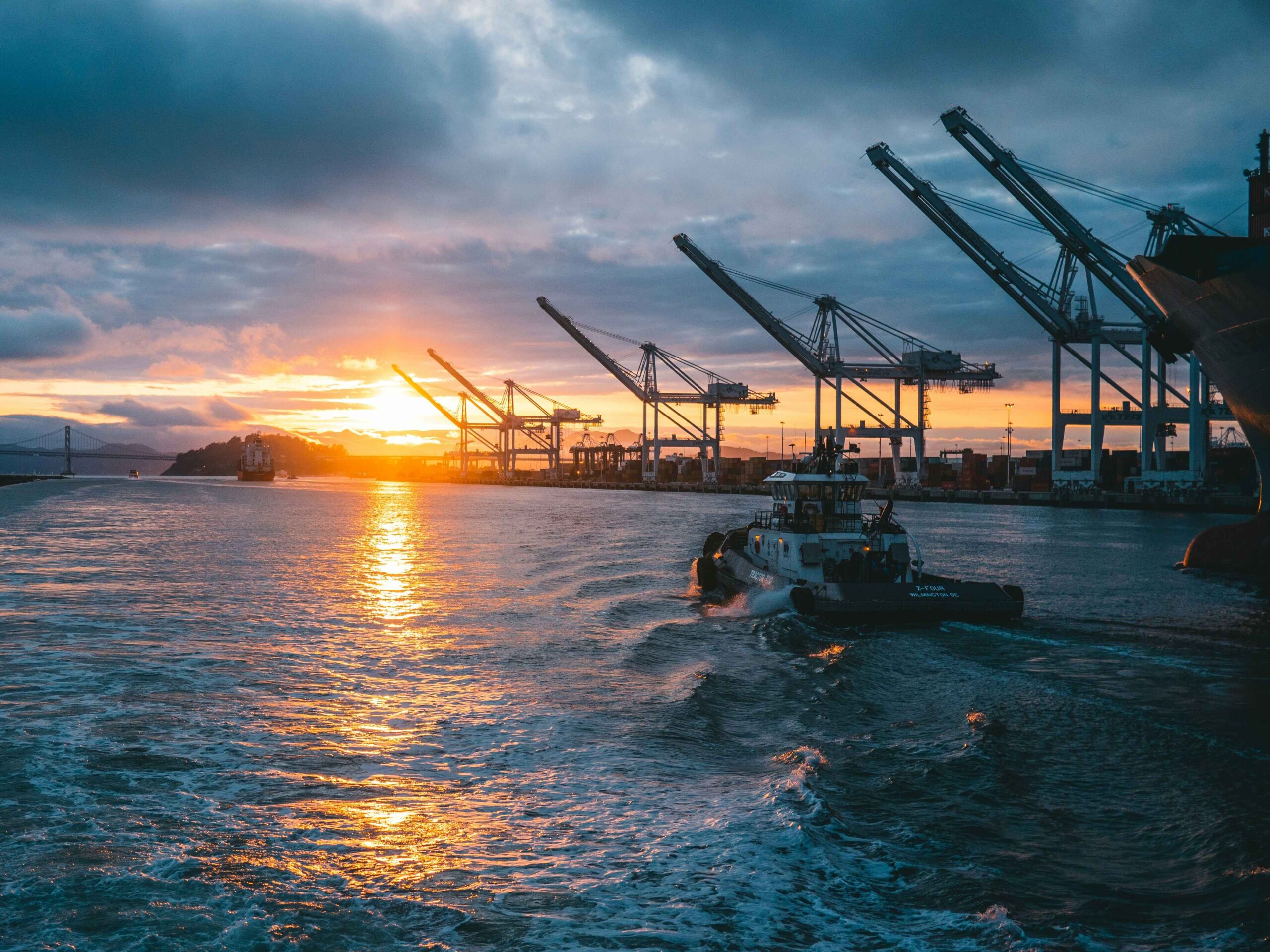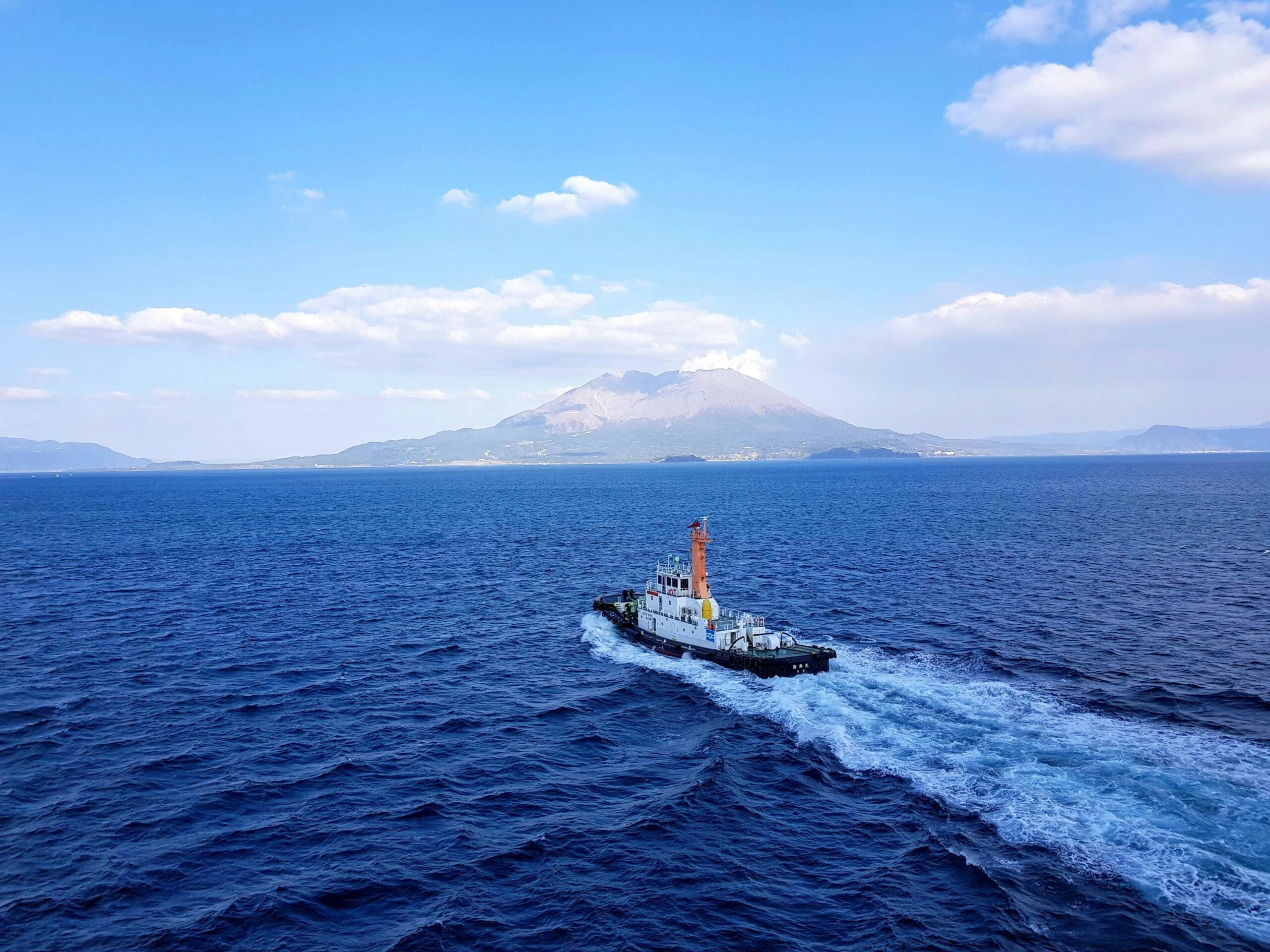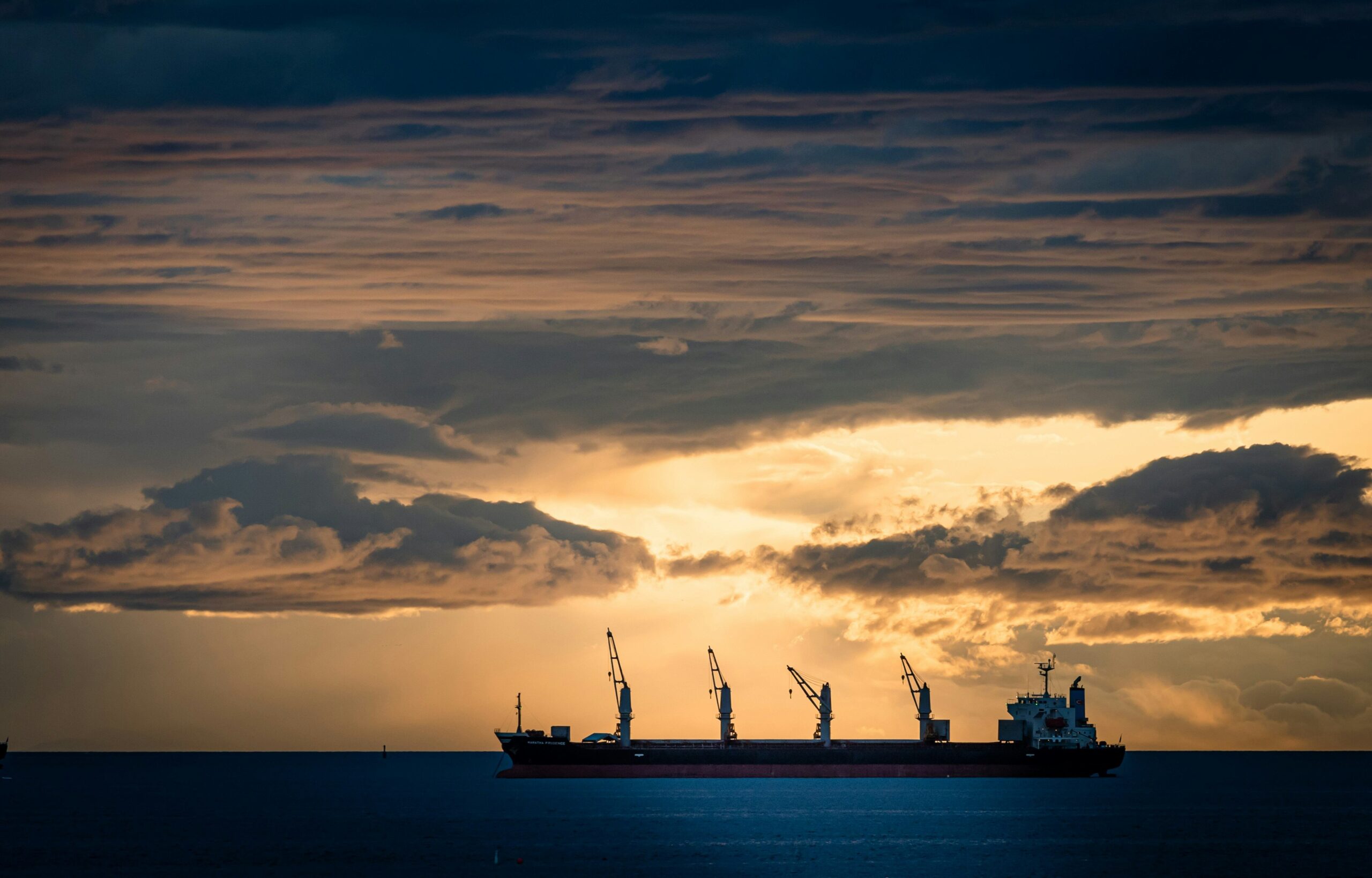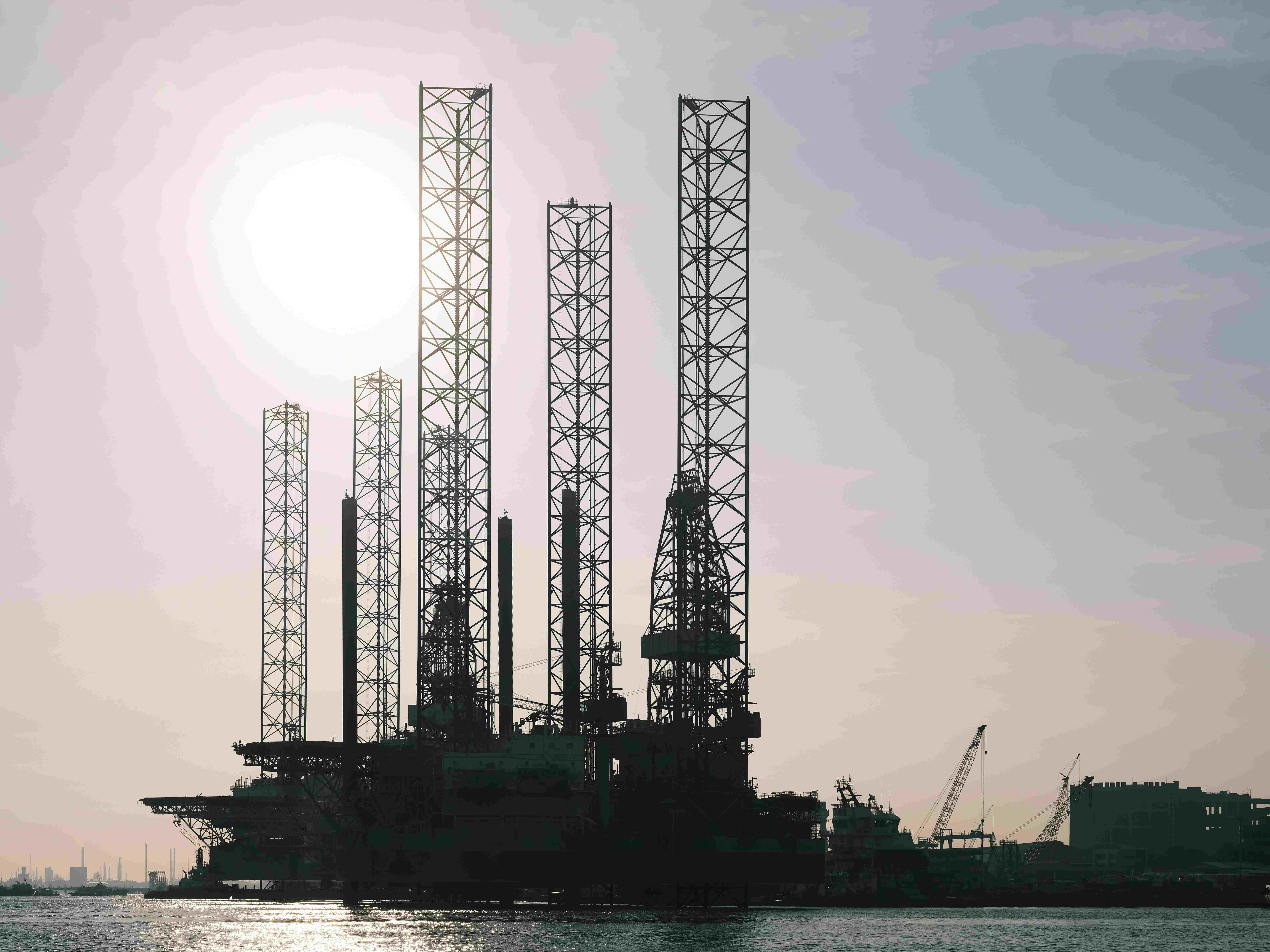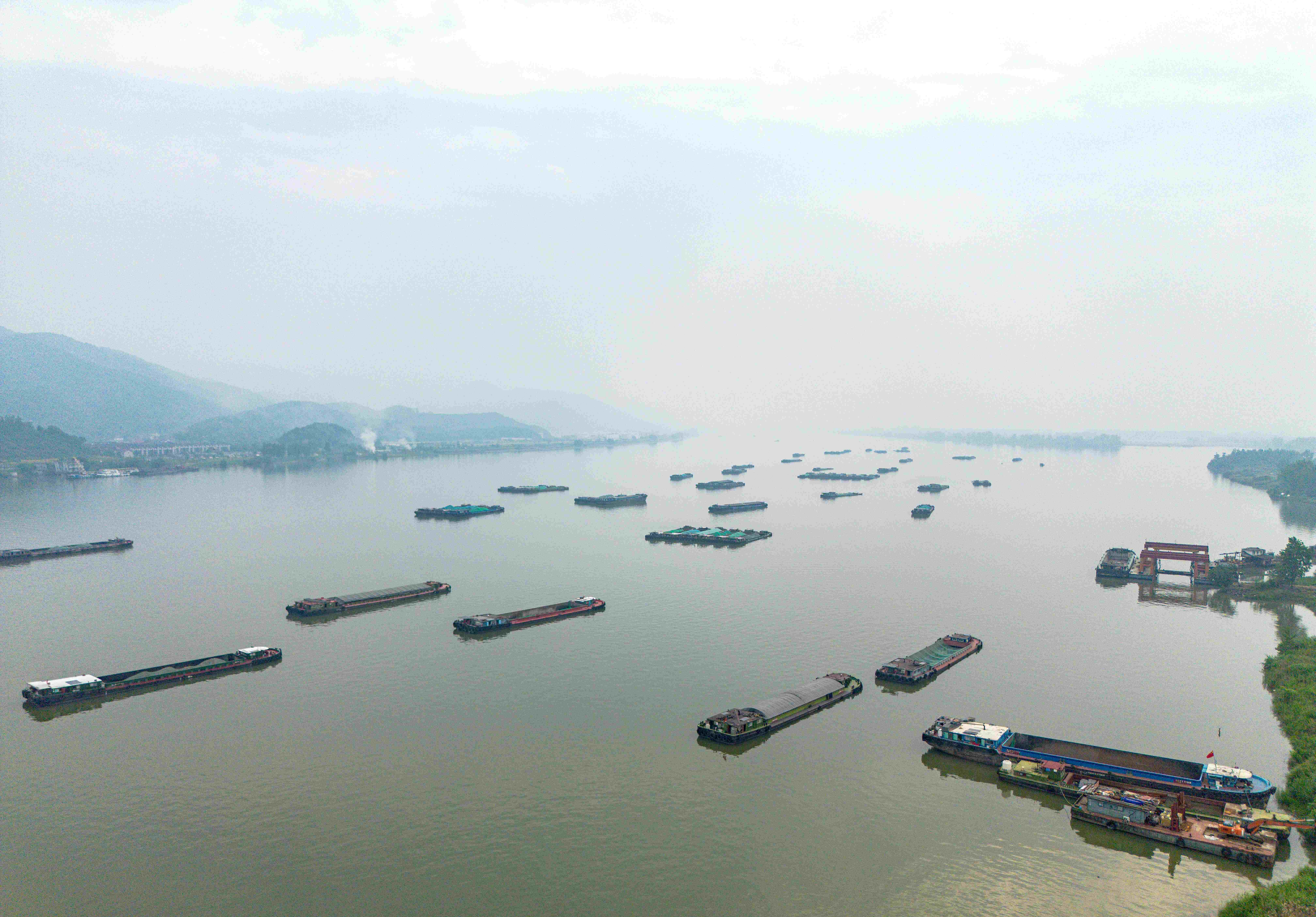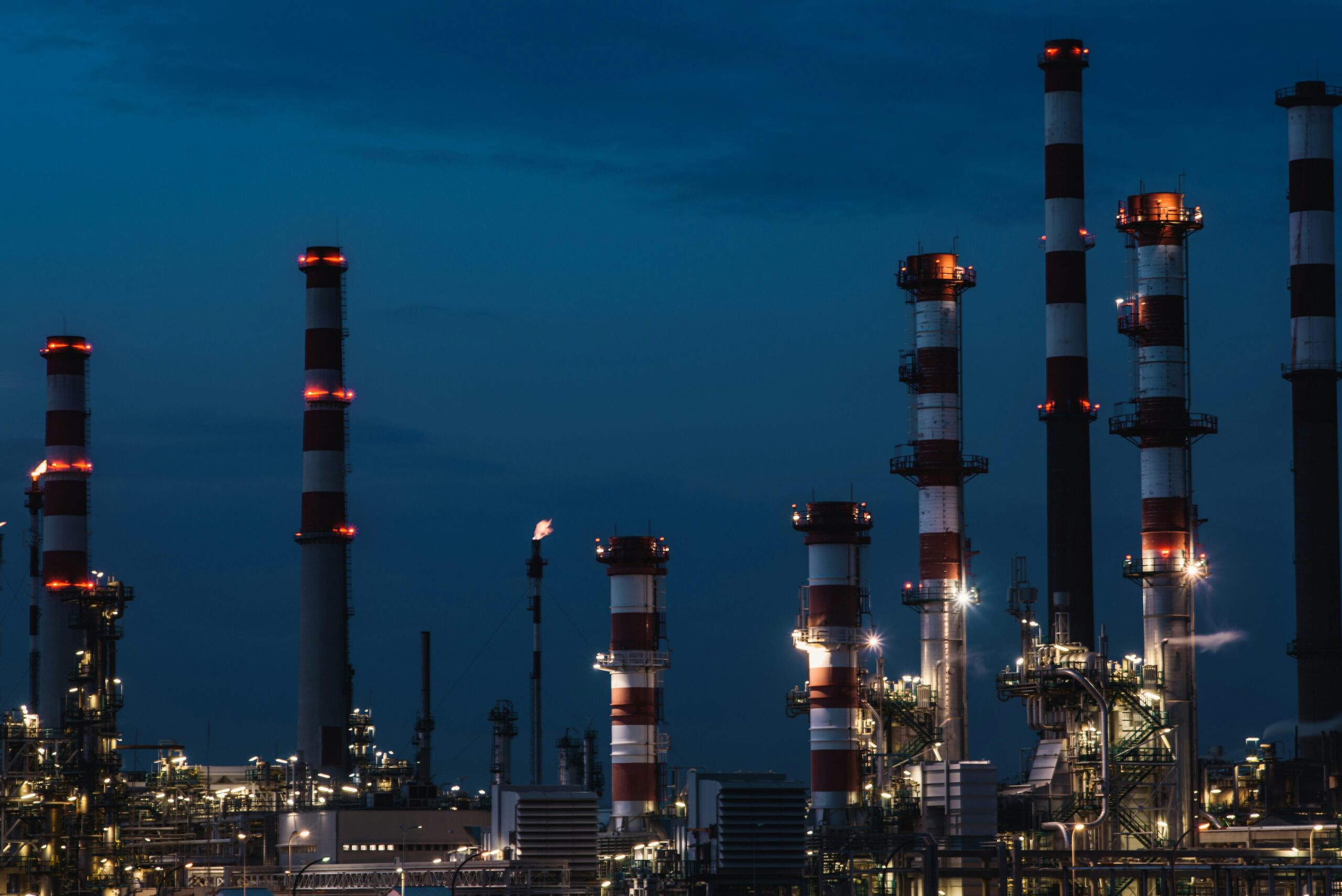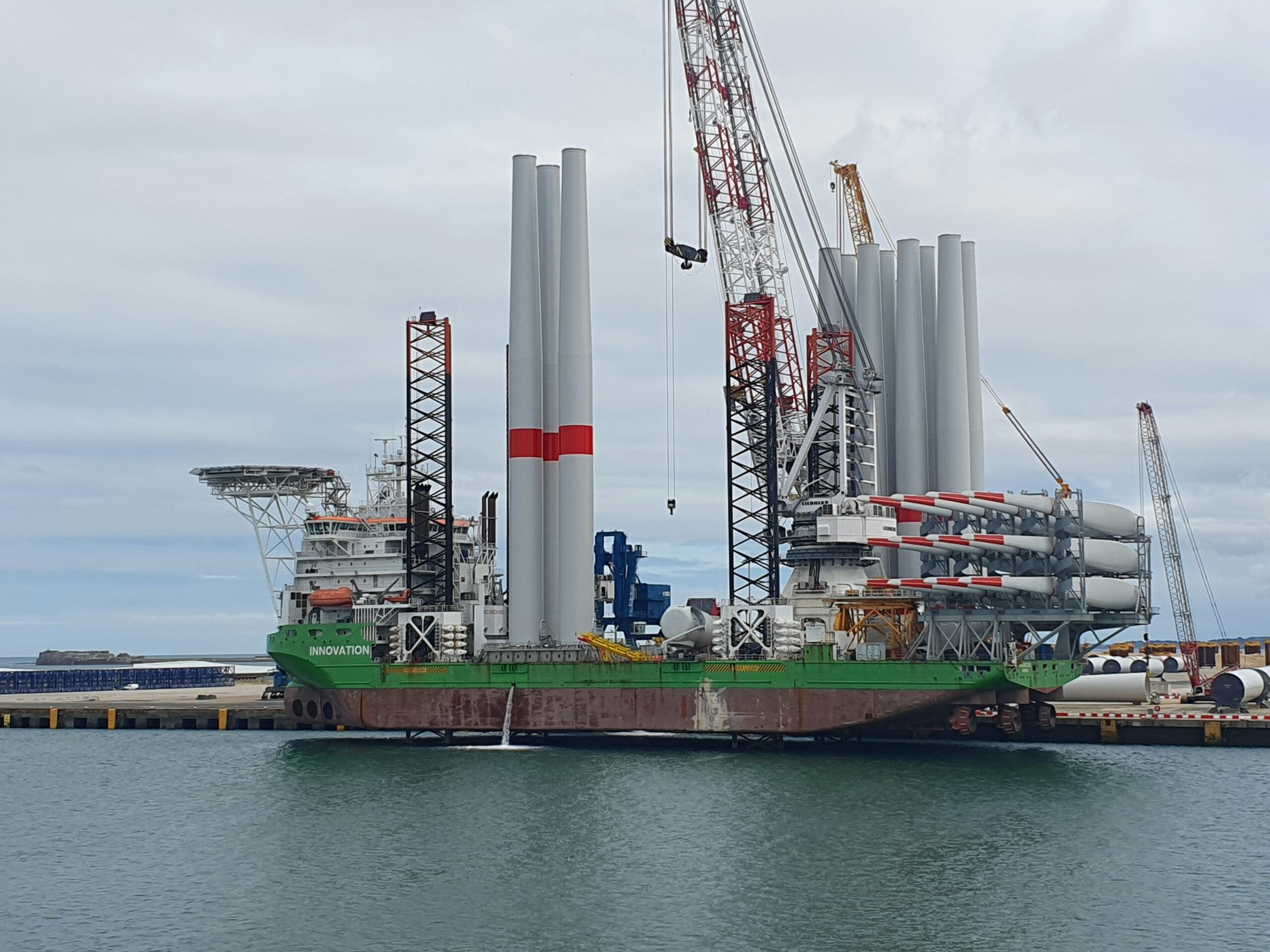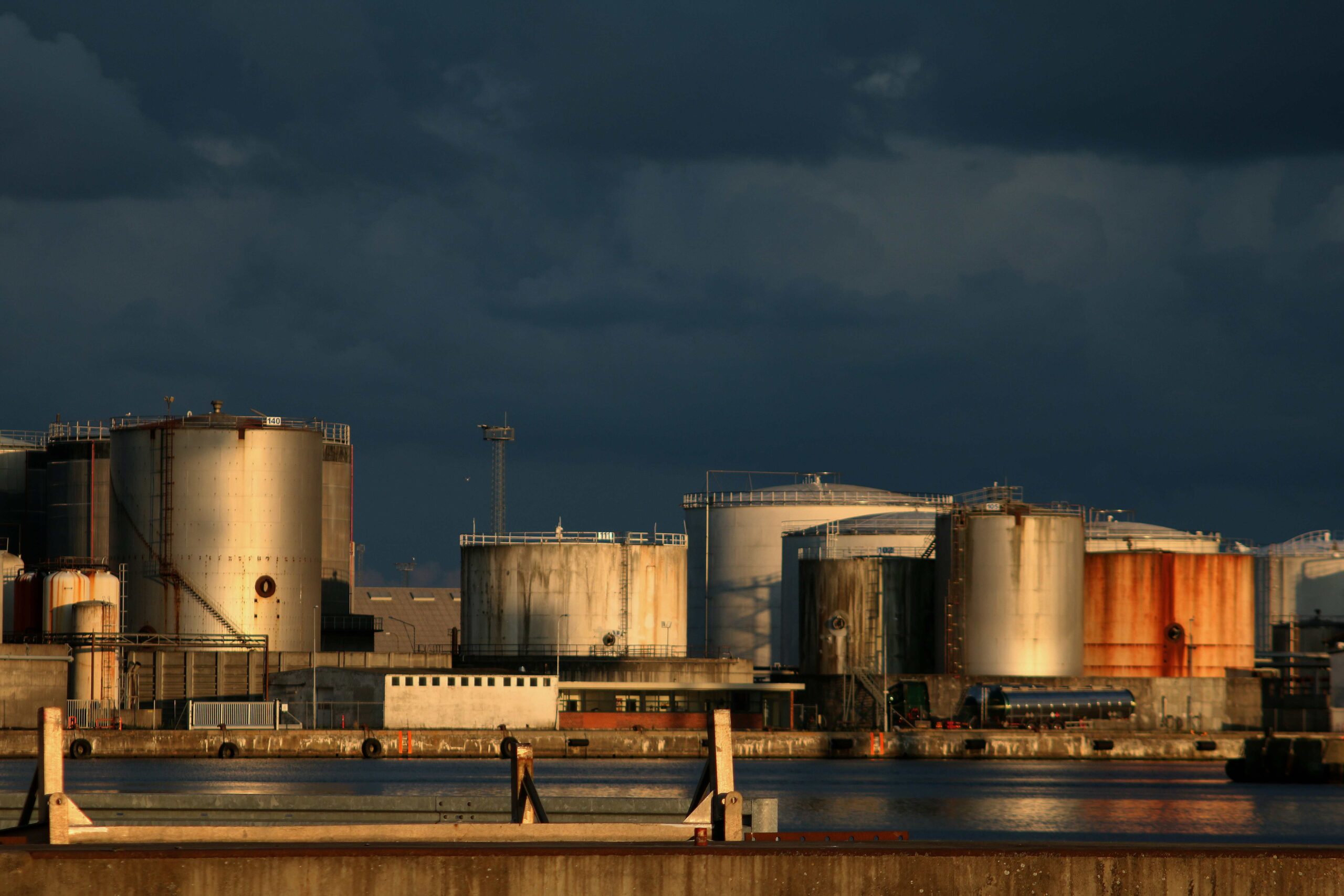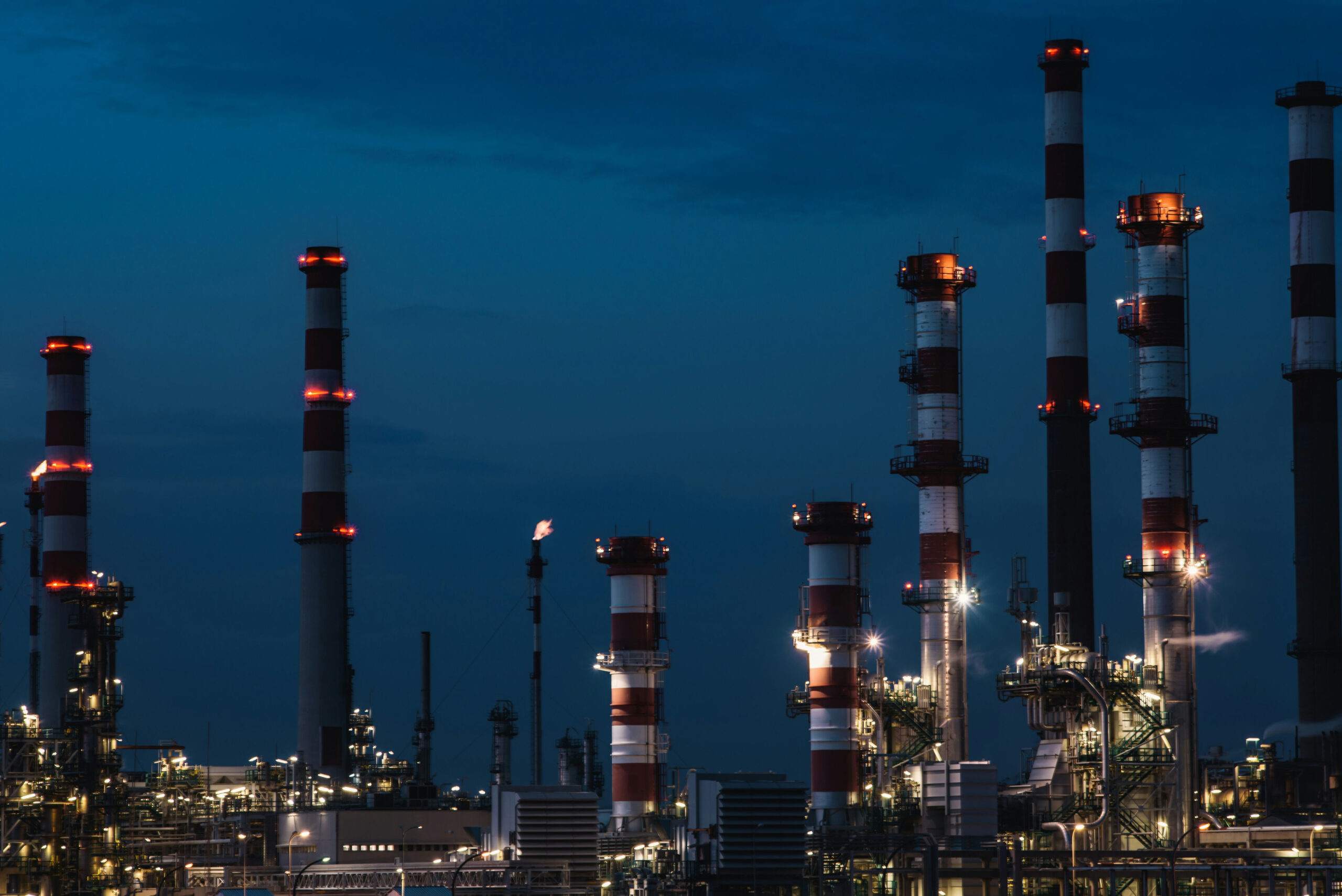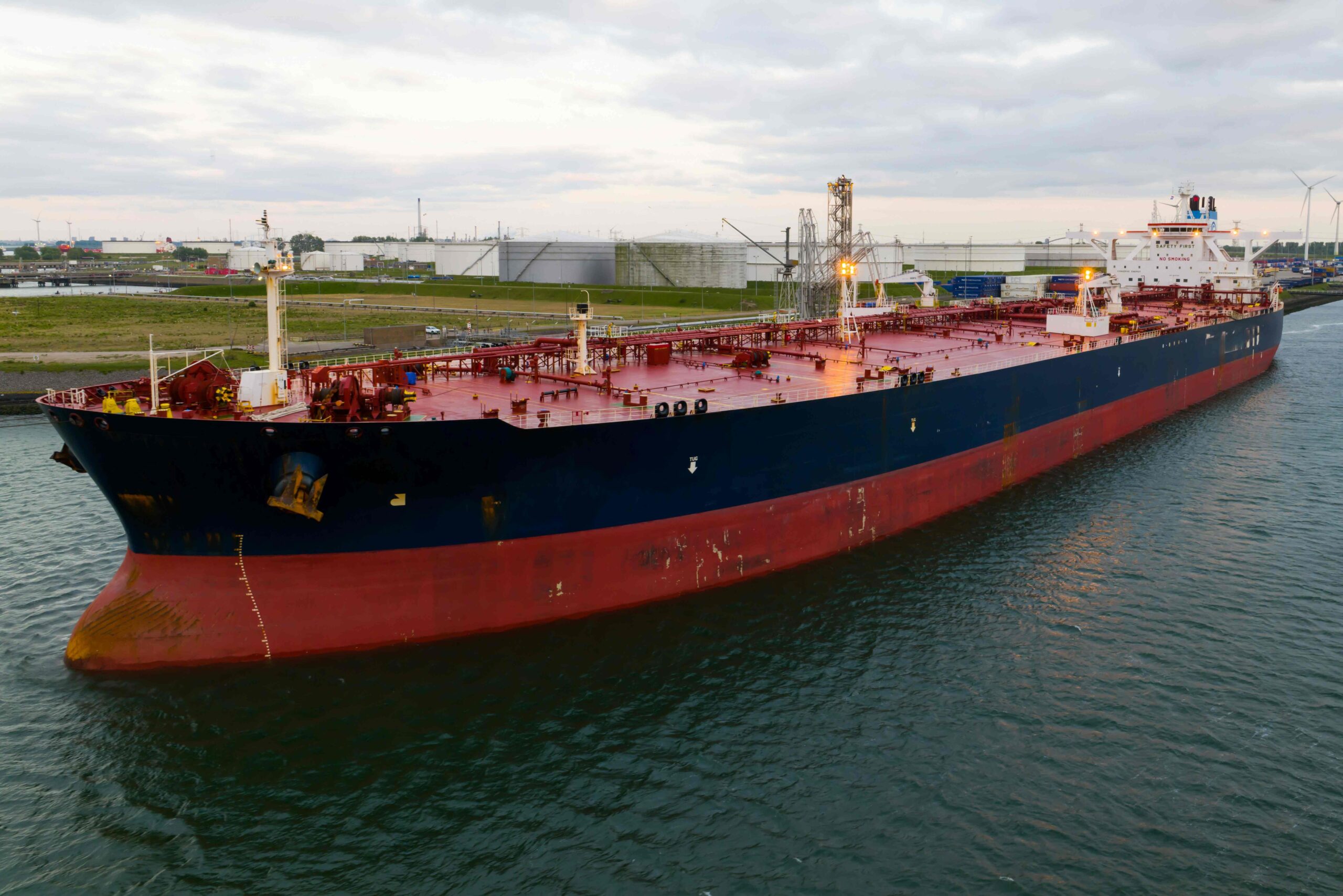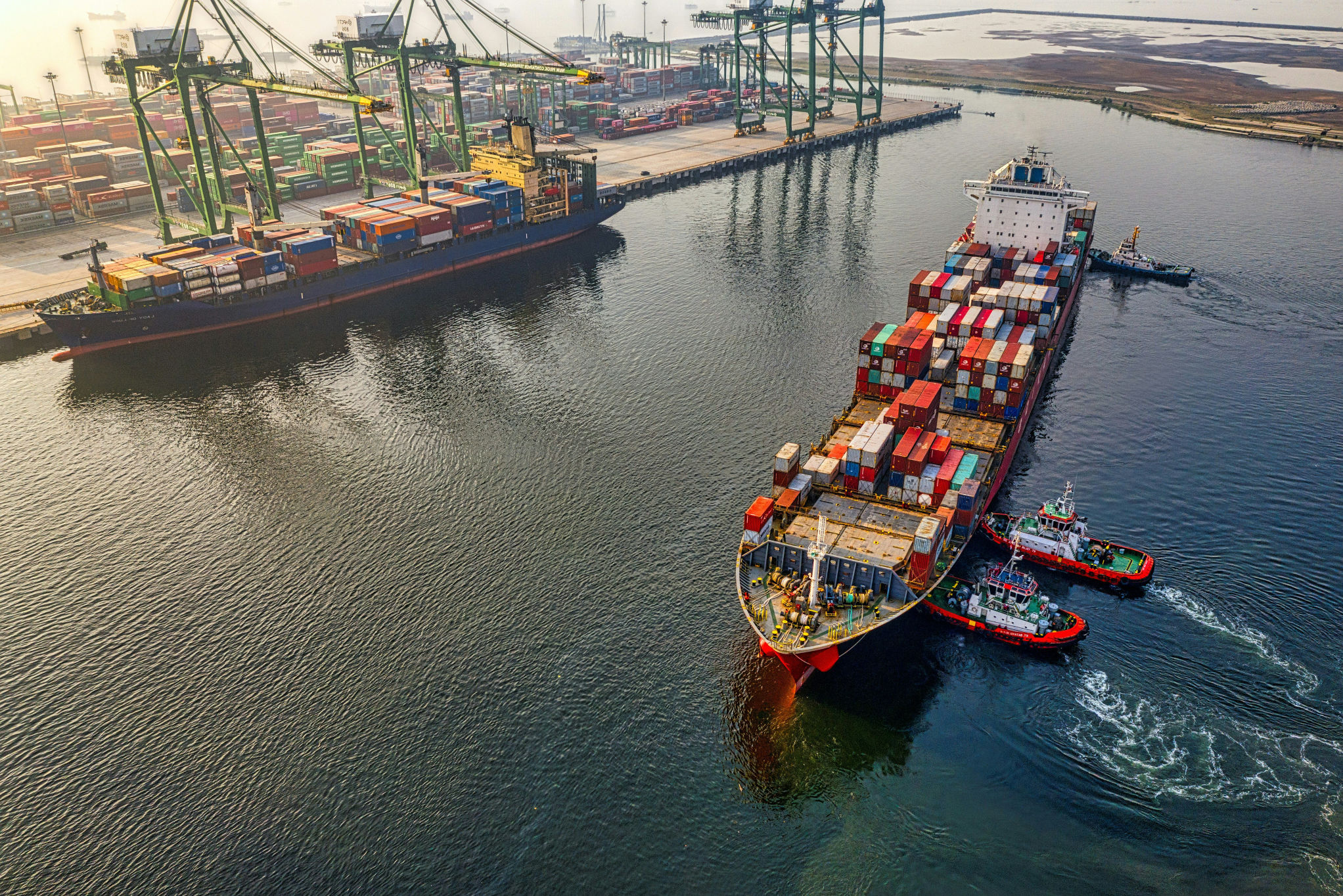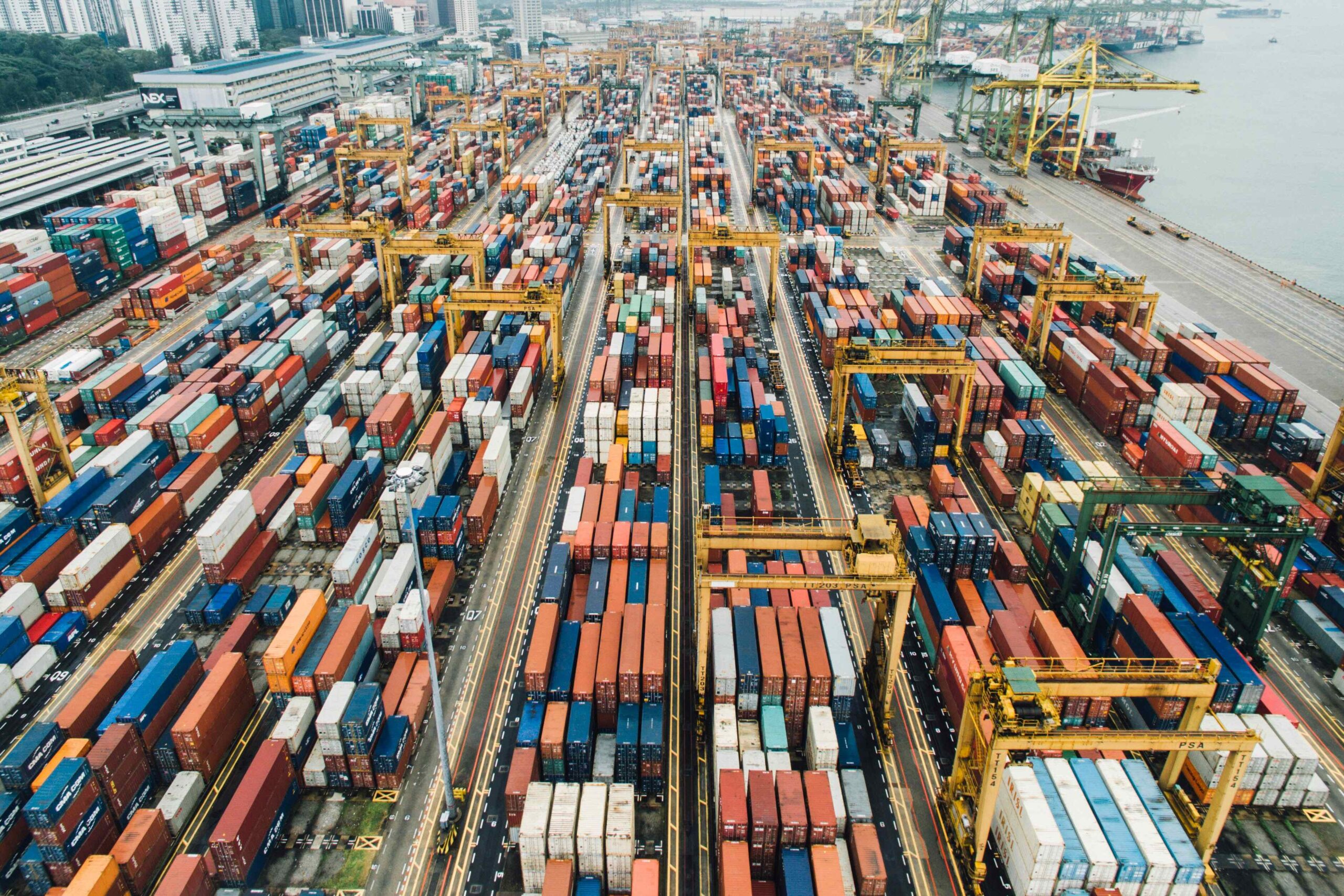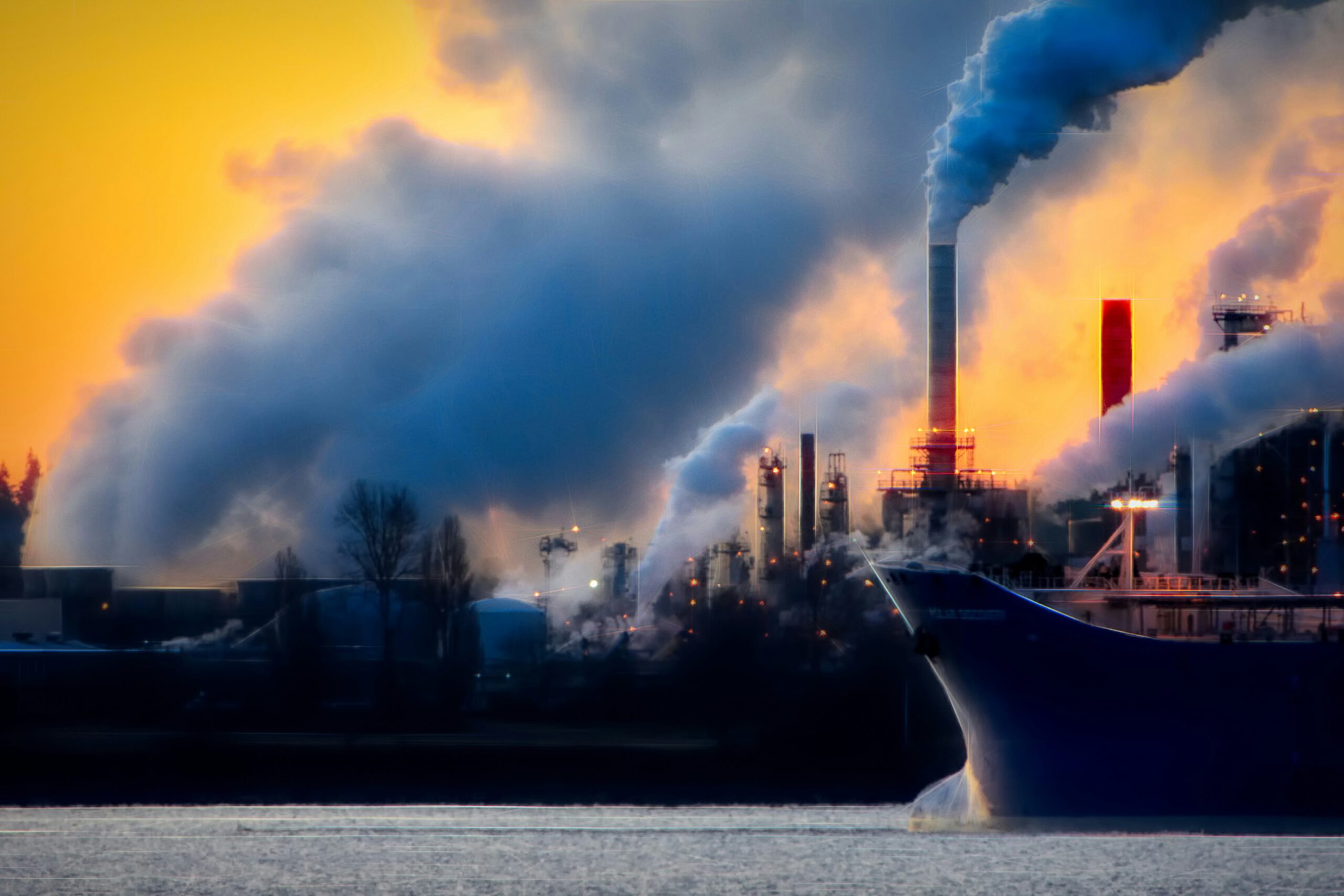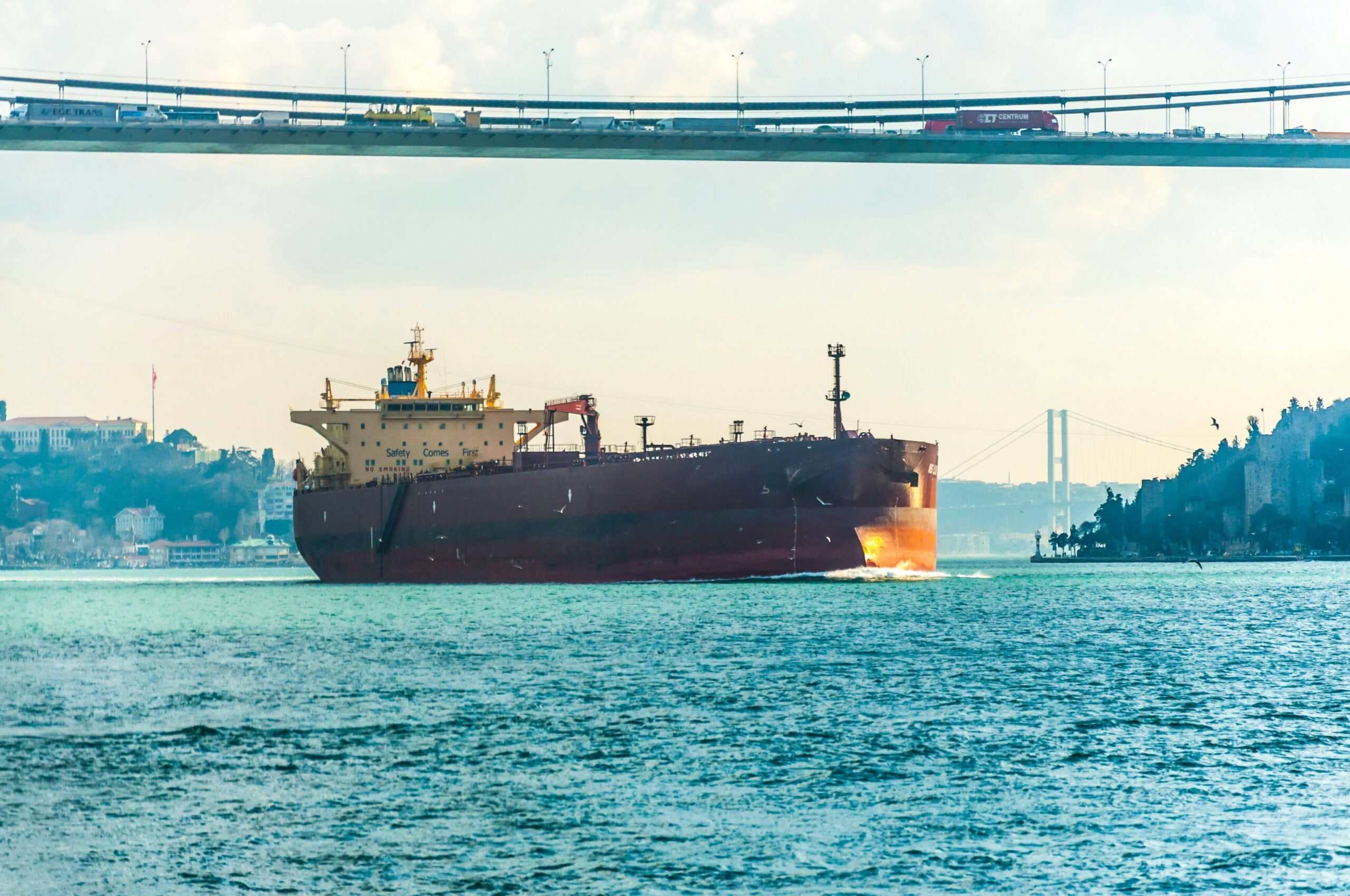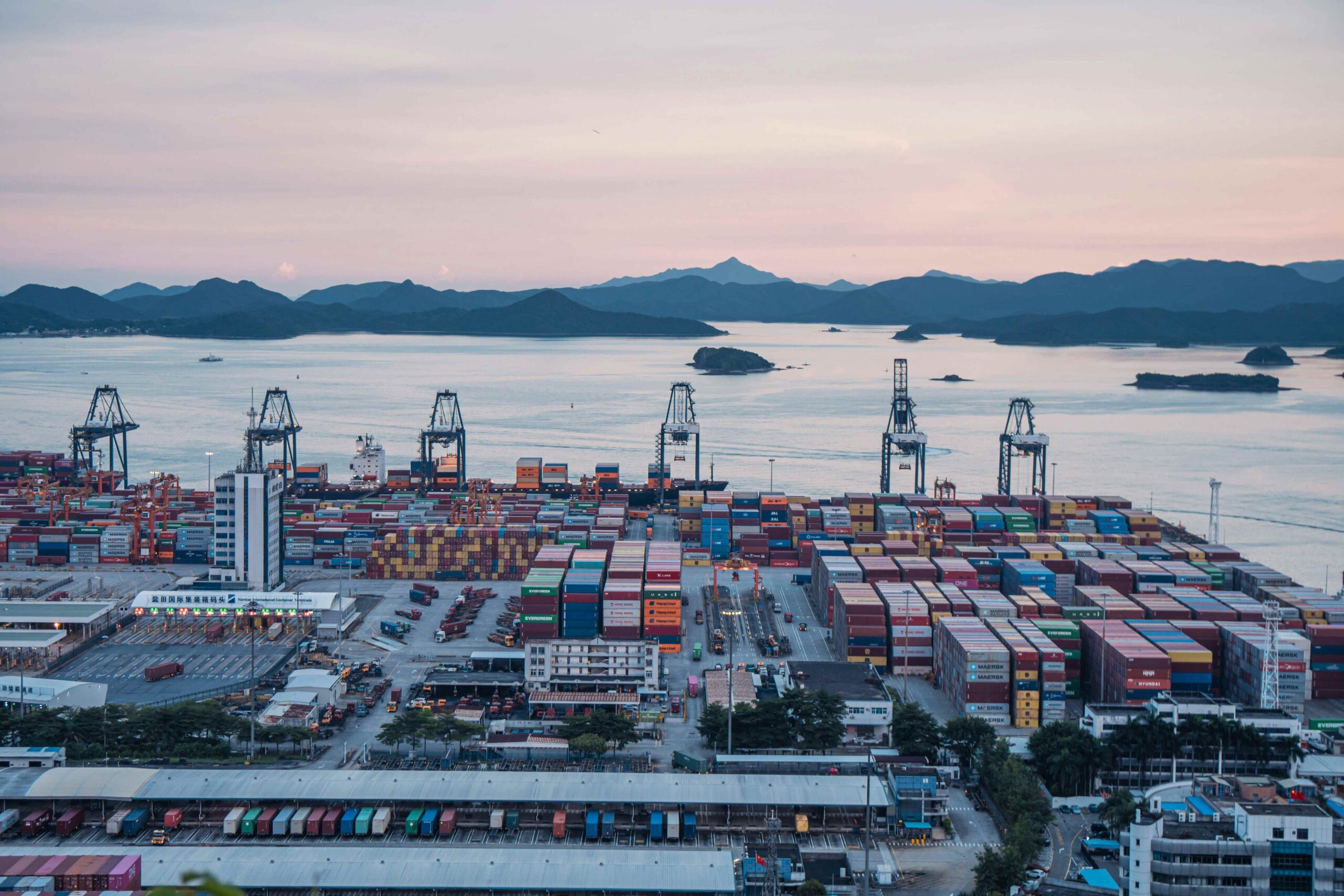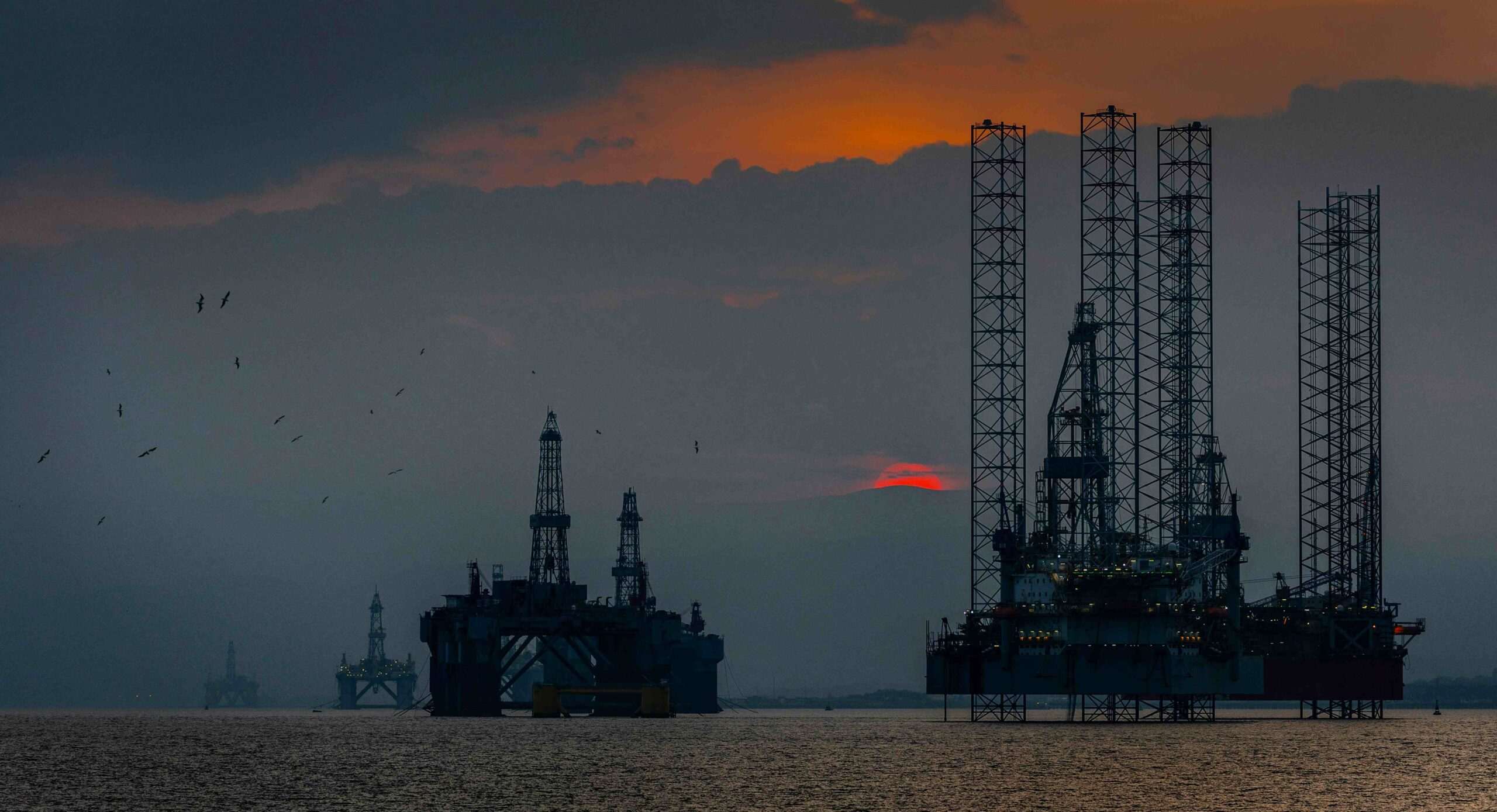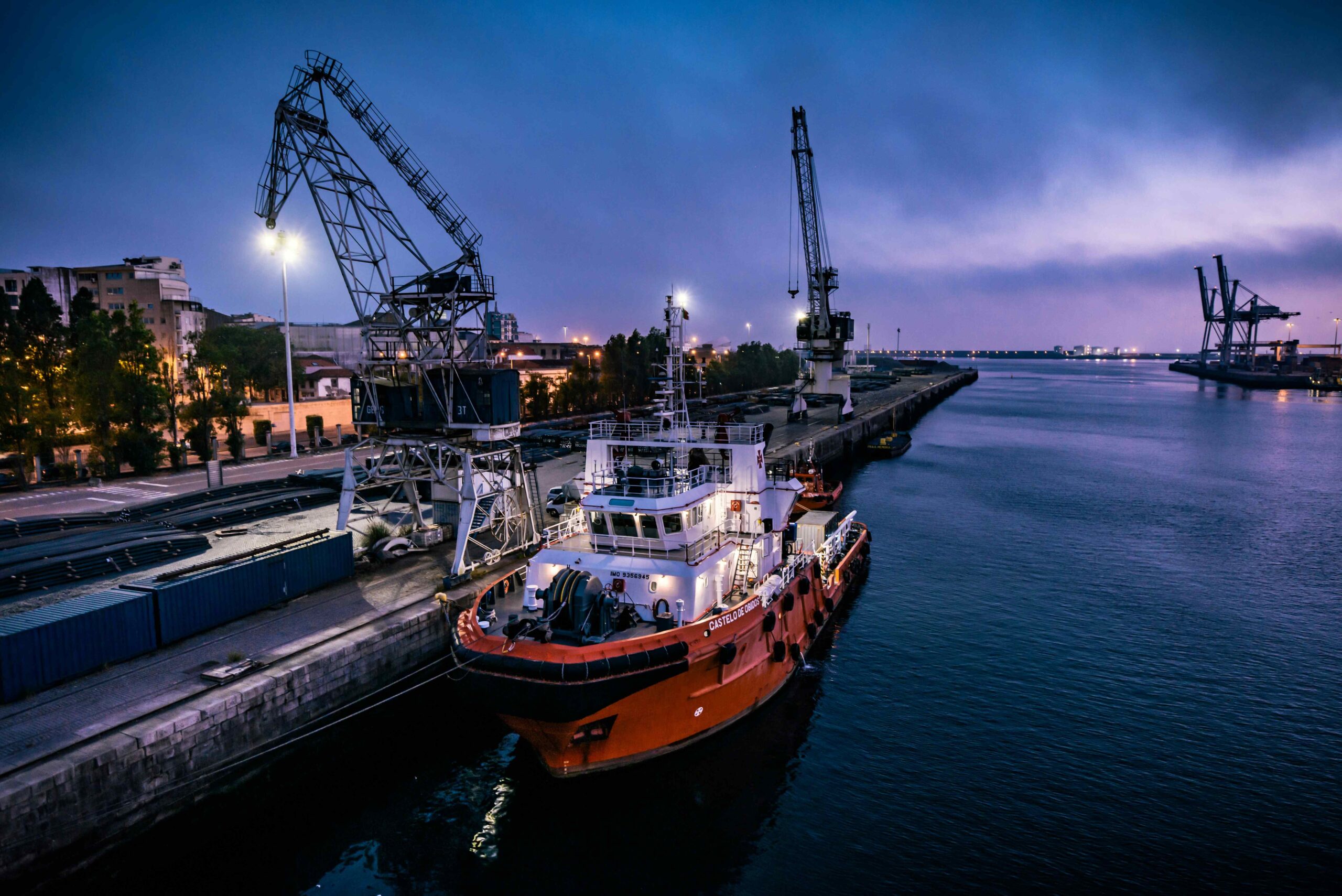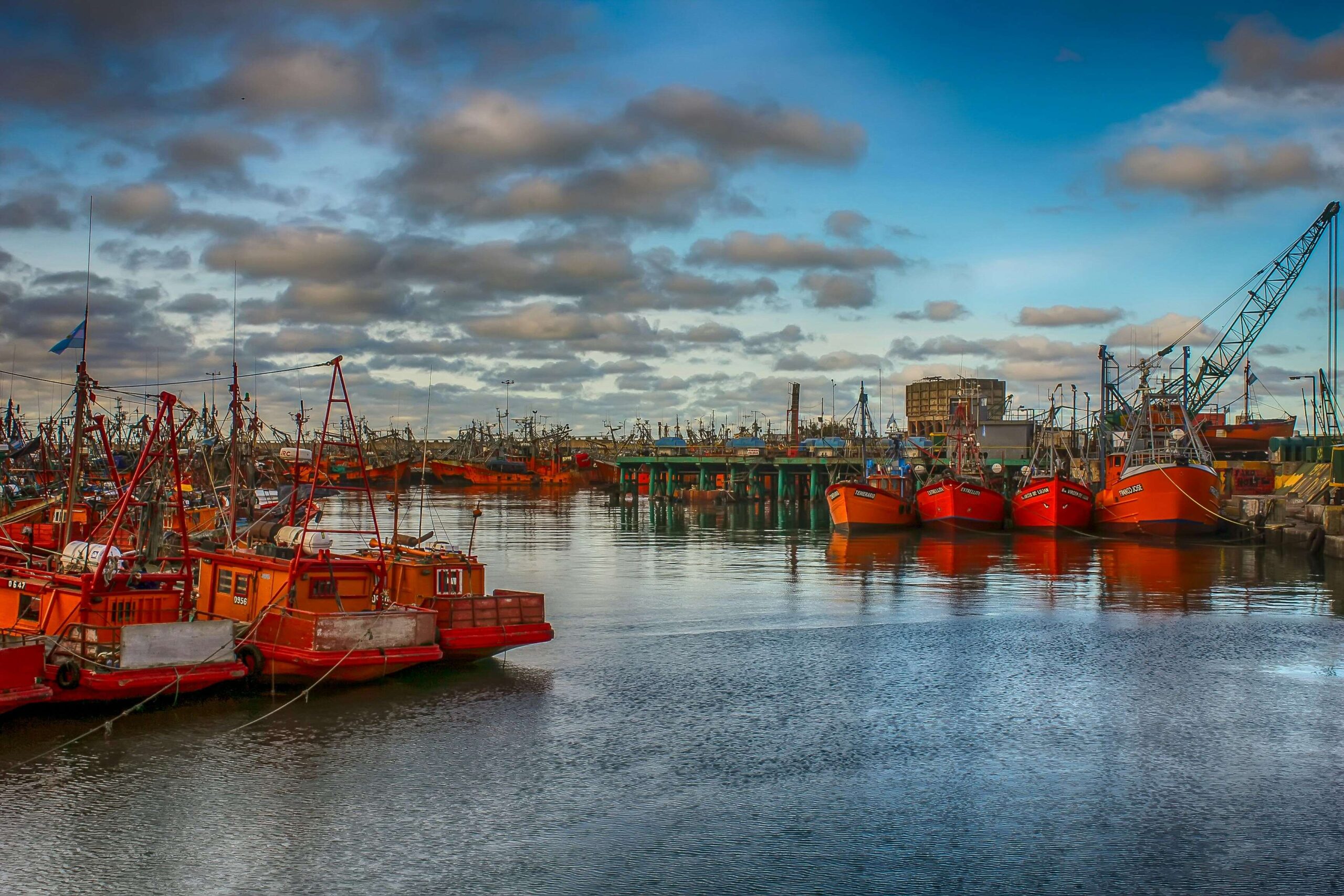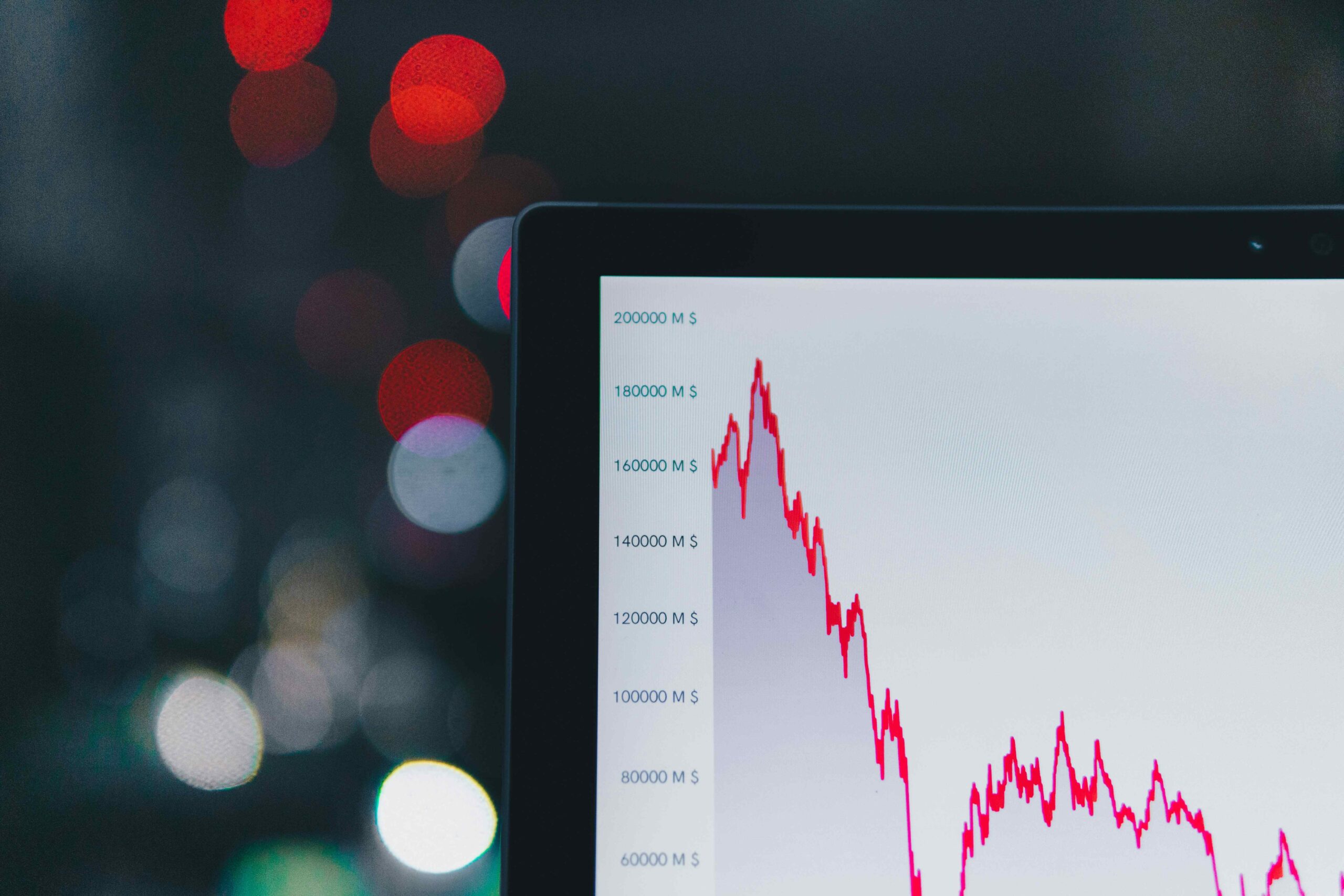
Welcome To Bunkering Knowledge
Top 100
Economic factors influencing marine fuel costs
Introduction The world of maritime operations is closely tied to economic forces, and one of the major considerations is the
Regional Analysis of Bunker Fuel Markets
Understanding regional dynamics in the bunker fuel market is essential for stakeholders in the maritime industry to navigate localized challenges,
The Role of Ship Owners and Operators in Bunker Fuel Management
Efficient bunker fuel management is a cornerstone for ship owners and operators navigating the intricacies of maritime operations, regulatory compliance,
The Environmental Impact of Bunker Fuel Usage
Bunker fuel, also known as heavy fuel oil (HFO), has been a cornerstone of maritime transport for over a century.
Bunker Fuel Consumption Trends in Cruise Industry
The cruise industry, renowned for providing luxurious experiences across the globe, faces increasing scrutiny over its environmental impact, particularly concerning
Thermo-Fluid Dynamics of Bunker Fuel Injection Systems
Understanding the thermo-fluid dynamics of bunker fuel injection systems is essential for optimizing combustion efficiency, enhancing fuel economy, and reducing
Thermodynamic Efficiency of Various Bunker Fuels in Marine Engines
Introduction The efficiency of marine engines, crucial for the maritime industry’s sustainability and operational costs, is directly influenced by the
Digitalization and Automation in Bunker Fuel Management
In the maritime industry, where efficiency, compliance, and environmental stewardship are paramount, digitalization and automation have emerged as transformative forces
Circular Economy Practices in Bunker Fuel Industry
The concept of circular economy is gaining traction across industries worldwide, including in the bunker fuel sector. This article explores
Development and Validation of Bunker Fuel Specification Standards
Introduction Bunker fuel specification standards are crucial for ensuring the quality, safety, and environmental performance of fuels used in maritime
Legal Disputes in the Bunker Fuel Industry: Case Studies
Legal disputes in the bunker fuel industry are not uncommon, often revolving around contractual obligations, quality disputes, environmental compliance, and
Technological advancements in marine fuel production and supply
Introduction In the vast world of oceans, a quiet revolution is happening as technology transforms the way ships are fueled.
Energy Density and Calorific Value of Various Bunker Fuels
Introduction The energy density and calorific value of bunker fuels are fundamental factors influencing their suitability for maritime applications. Bunker
Green Initiatives and their Effect on Bunker Fuel Suppliers
Introduction: In an era where environmental sustainability is paramount, the maritime industry is undergoing a transformation driven by green shipping
Role of AI and Machine Learning in Bunker Fuel Optimization
Artificial Intelligence (AI) and Machine Learning (ML) are reshaping the maritime industry, particularly in optimizing bunker fuel management. These advanced
Impact of Geopolitical Tensions on Bunker Fuel Supply and Pricing
Geopolitical tensions have a substantial impact on the supply and pricing of bunker fuel, which is vital for powering ships
Navigating Legal Waters: Understanding the Complexities of Bunkering Regulations
Introduction: Bunkering, the process of supplying fuel to ships, is a vital aspect of maritime operations. However, it is subject
Impact of Global Trade Policies on Bunker Fuel Supply Chains
Introduction Bunker fuel, essential for powering the global shipping industry, has its supply chains intricately linked to international trade policies.
Energy Efficiency in Marine Vessels: Reducing Fuel Consumption
Efficiency in fuel consumption is paramount in the maritime industry, where vessels operate over vast distances, carrying goods essential to
Chemical and Physical Stability of Ultra-Low Sulfur Bunker Fuels
The chemical and physical stability of ultra-low sulfur bunker fuels is a critical aspect in the maritime industry, driven by
Public Perception and Social Responsibility in Bunker Fuel Industry
The bunker fuel industry, essential for powering maritime transport worldwide, is increasingly under scrutiny from the public and regulatory bodies
Regulatory changes and their impact on marine fuel prices
Introduction In the vast expanse of the oceans, the cost of fuel for ships is not just about supply and
Bunker Fuel in Arctic Shipping: Opportunities and Risks
The Arctic region presents both promising opportunities and substantial risks for bunker fuel operations in maritime shipping. This article explores
Maritime Insurance and Bunker Fuel Risks
Maritime insurance is crucial for mitigating risks associated with bunker fuel operations, providing essential protection against potential liabilities and financial
Green Shipping: Pioneering Sustainable Bunker Fuels for a Cleaner Maritime Era
The maritime sector is swiftly embracing sustainability, driven by the urgent need to minimize environmental impact. Green shipping initiatives prioritize
Cost-Benefit Analysis of Different Marine Fuel Types
As the maritime industry grapples with stringent environmental regulations and the push towards sustainability, the choice of marine fuel has
Energy Storage Solutions for Bunker Fuel-Powered Ships
In the realm of maritime transportation, where bunker fuels such as heavy fuel oil (HFO) and marine diesel oil (MDO)
Energy Transition: Role of Hydrogen in the Future of Marine Fuels
IntroductionThe maritime industry is undergoing a significant transformation as it seeks sustainable and environmentally friendly alternatives to conventional marine fuels.
The Role of AI in Optimizing Bunker Fuel Consumption
In the maritime industry, bunker fuel represents a significant portion of operational costs, making fuel efficiency a critical concern for
Economic Impact of Bunker Fuel on Global Shipping Routes
Bunker fuel is a cornerstone of the global shipping industry, powering the vast majority of commercial vessels worldwide. Its economic
Impact of Regional Regulations on Global Bunker Fuel Markets
Introduction The global bunker fuel market plays a pivotal role in maritime shipping, providing the energy necessary to propel vessels
Impact of Shipping Alliances on Bunker Fuel Consumption
Shipping alliances have transformed the global maritime industry, facilitating cooperation among shipping lines to optimize routes, share vessel capacity, and
Bunker Fuel Quality: Ensuring Standards and Addressing Contamination Issues
Introduction Picture the vast seas with ships relying on bunker fuel for their journeys. Bunker fuel quality is essential for
Fuel Injector Technologies for Bunker Fuel in Marine Engines
Introduction In marine engines, fuel injectors are vital for delivering precise amounts of fuel into combustion chambers at high pressures.
Transition from Heavy Fuel Oil (HFO) to Low-Sulfur Fuel: A Maritime Evolution
The maritime industry, a backbone of global trade, has long depended on heavy fuel oil (HFO) for powering ships. However,
Future trends in autonomous shipping
The maritime industry is witnessing a revolutionary shift towards autonomous shipping, driven by technological innovation and a commitment to efficiency,
Cost-Benefit Analysis of Hybrid Bunker Fuel Solutions
As the maritime industry shifts towards greener practices, hybrid bunker fuel solutions have emerged as a viable option for enhancing
The Role of Bunker Fuel in Global Trade
Bunker fuel is a fundamental element that drives the global shipping industry, providing the energy necessary to propel vessels that
Legal Disputes and Arbitration in the Bunker Fuel Industry
Introduction The bunker fuel industry is a vital part of the global shipping sector, providing the fuel necessary for the
Bunker Fuel Blending: Techniques and Challenges
Bunker fuel blending is a critical process in the maritime industry, involving the mixing of different types and grades of
Energy Efficiency Design Index (EEDI) and its Impact on Bunker Fuel Consumption
The Energy Efficiency Design Index (EEDI) is a critical regulatory tool in the maritime industry, aimed at reducing greenhouse gas
The Future of Nuclear-Powered Vessels in Commercial Shipping
In the pursuit of sustainable and efficient maritime transport, nuclear-powered vessels are emerging as a potential game-changer. This article explores
Regional variations in marine fuel prices and supply chain
Introduction As ships traverse the world’s oceans, the price and availability of marine fuel are anything but uniform. Regional variations
The Role of Shipyards in Bunker Fuel Industry
Shipyards play a crucial role in the bunker fuel industry by influencing various aspects of vessel design, construction, and retrofitting
The Role of Bunker Fuel Traders and Brokers
In the intricate web of global maritime commerce, bunker fuel traders and brokers occupy a crucial position, facilitating the supply
Fuel Bunkering Operations: Safeguarding Safety and Enhancing Efficiency
Fuel bunkering operations play a crucial role in maritime industries by ensuring vessels are efficiently and safely fueled for their
The Chemistry of Bunker Fuels: Composition and Properties
Introduction Bunker fuels, also known as marine fuels, are the lifeblood of the shipping industry, powering the vast majority of
Corrosion Inhibition Strategies in Bunker Fuel Systems
In the realm of maritime and industrial operations, protecting bunker fuel systems from corrosion is essential for maintaining efficiency, prolonging
Case Studies on the Implementation of Green Bunker Fuel Solutions
Introduction As the maritime industry faces increasing pressure to reduce its environmental footprint, the adoption of green bunker fuel solutions
Blockchain Technology in Bunker Fuel Transactions
Blockchain technology is poised to transform the bunker fuel industry, offering transparency, security, and efficiency in transactions. This article explores
Long-Term Contracts vs. Spot Market: Strategies in Bunker Fuel Procurement
Bunker fuel procurement is a critical aspect of maritime operations, influencing costs, supply chain reliability, and operational flexibility for shipping
Optimization of Ship Route Planning for Reduced Bunker Fuel Consumption
Introduction With growing pressure to reduce environmental impacts and operating costs, the maritime industry is focusing on optimizing ship route
The Impact of Trade Wars on Bunker Fuel Supply Chains
Trade wars wield significant influence over global economies and industries, including the critical sector of bunker fuel supply chains essential
Bunker Fuel Quality Standards and Compliance
Introduction: In the bustling world of maritime trade, the quality of bunker fuel holds immense significance. As the lifeblood of
Fuel Injector Technologies for Bunker Fuel in Marine Engines
Introduction In marine engines, fuel injectors are vital for delivering precise amounts of fuel into combustion chambers at high pressures.
Alternative Fuels: The Rise of LNG as a Marine Fuel
In recent years, the maritime industry has been undergoing a transformative shift towards cleaner and more sustainable fuel options, with
Cybersecurity challenges in maritime operations
As maritime operations increasingly embrace digitalization and connectivity, cybersecurity has emerged as a pivotal concern. The integration of advanced technologies
Impacts of Climate Change on Bunker Fuel Demand and Supply
Climate change is profoundly influencing the global energy landscape, including the demand for and supply of bunker fuels used in
Case Studies of Major Bunker Fuel Spills: Lessons Learned for Environmental Protection
Bunker fuel spills represent significant environmental incidents with far-reaching consequences for marine ecosystems, coastal communities, and economies. These spills often
Impact of Maritime Accidents on Bunker Fuel Supply Chains
Introduction Maritime accidents can have far-reaching impacts on global bunker fuel supply chains. Given that a significant portion of global
Impact of Digital Twin Technology on Bunker Fuel Efficiency
Digital twin technology is reshaping maritime operations by offering real-time insights, predictive capabilities, and enhanced efficiency across vessel management. This
Combustion Kinetics and Mechanisms of Bunker Fuels
Introduction Bunker fuels, primarily heavy fuel oils (HFO), are the lifeblood of maritime shipping, powering the engines that transport goods
Bunker Fuel Recycling: Opportunities and Challenges
Bunker fuel, a vital energy source for maritime vessels, is undergoing scrutiny amid global efforts to reduce carbon footprints and
Bunker Fuel Trading and Risk Management
Introduction: Bunker fuel trading is a cornerstone of the global maritime industry, facilitating the supply of fuel to vessels navigating
Bunker Fuel in Inland Waterways Shipping
Inland waterways shipping, a vital component of global logistics and trade, relies heavily on bunker fuel for propulsion. However, the
Bunker Fuel Auditing and Verification Processes
In the maritime industry, bunker fuel auditing and verification processes are critical measures to uphold regulatory compliance, ensure fuel quality,
Global Bunker Fuel Market Trends and Forecasts
The global bunker fuel market, crucial for maritime operations, is undergoing profound transformations due to evolving environmental regulations, technological advancements,
Refining Processes for Bunker Fuel Production
Introduction Bunker fuels are crucial for powering maritime transport and are produced through intricate refining processes. These processes transform crude
Impact of Bunker Fuel on Marine Biodiversity
Bunker fuel, a key energy source for maritime transport, has significant implications for marine biodiversity due to its composition and
Carbon Footprint Analysis of Fossil Fuels vs. Alternative Marine Fuels
Introduction The shipping industry is a significant contributor to global greenhouse gas (GHG) emissions, primarily due to the extensive use
Technological Innovations in Bunker Fuel Storage
The maritime industry is undergoing a significant transformation, driven by technological advancements aimed at enhancing efficiency, safety, and environmental sustainability.
Economic Benefits of Energy-Efficient Ship Designs
Energy-efficient ship designs represent a pivotal advancement in the maritime sector, offering significant economic benefits alongside environmental advantages. This article
Cross-Industry Collaborations for Sustainable Bunker Fuel Solutions
Introduction The maritime industry is under increasing pressure to reduce its environmental impact and transition to more sustainable fuel options.
Bunker Fuel and Marine Insurance: Risk Management Strategies
Bunker fuel, essential for powering maritime vessels worldwide, represents a significant operational cost and risk factor for shipping companies. Marine
Technological Innovations in Bunker Fuel Production and Distribution
Introduction: The global bunker fuel industry is witnessing a remarkable transformation driven by technological innovation. From enhanced refining processes to
Advanced Computational Models for Bunker Fuel Combustion Analysis
Introduction In the realm of marine engineering and environmental sustainability, the analysis of bunker fuel combustion has become increasingly crucial.
Biofuels: The Next Frontier for Marine Fuel
As the maritime industry strives to reduce its environmental impact, biofuels have emerged as a promising solution to meet stringent
Impact of artificial intelligence in maritime logistics
The maritime logistics industry, a critical backbone of global trade, has undergone significant transformation over the years. One of the
Economic Models for Predicting Bunker Fuel Market Trends
The bunker fuel market, crucial for global maritime transport, is influenced by diverse economic factors, regulatory changes, technological advancements, and
Navigating the Legal and Regulatory Frameworks Governing Bunker Fuel
Introduction: Bunker fuel is a cornerstone of the global shipping industry, crucial for powering vessels across oceans. However, its use
Bunker Fuel Spill Response Strategies and Technologies
Introduction Bunker fuel, a heavy and viscous type of fuel oil used in marine vessels, poses significant environmental threats when
Waste Management in Bunker Fuel Operations
In the realm of maritime transport, bunker fuel operations are crucial for powering vessels across the seas. However, with this
Advances in Marine Diesel Engine Technologies for Bunker Fuels
Introduction Marine diesel engines are the workhorses of the shipping industry, powering vessels that facilitate the global movement of goods.
The Future of Wind-Assisted Propulsion in Commercial Shipping
Energy-efficient ship designs represent a pivotal advancement in the maritime sector, offering significant economic benefits alongside environmental advantages. This article
Bunker Fuel Industry Resilience Amidst Global Crises
Introduction: In the face of global crises, the bunker fuel industry stands as a resilient pillar of the maritime sector,
Bunker Fuel Market Dynamics in the Asia-Pacific Region
The Asia-Pacific region stands as a pivotal hub in the global bunker fuel market, reflecting dynamic economic growth, evolving regulatory
Impact of Maritime Piracy on Bunker Fuel
The Impact of Maritime Piracy on Bunker Fuel Maritime piracy remains a significant challenge for global shipping operations, impacting various
The Role of the International Maritime Organization (IMO) in Bunker Fuel Regulation
The International Maritime Organization (IMO) plays a critical role in regulating bunker fuel to ensure environmental sustainability, safety, and operational
Desulfurization Technologies in Bunker Fuel Refining
Introduction Desulfurization is vital in bunker fuel refining to meet strict environmental regulations by reducing sulfur content. High sulfur levels
Technological Advancements in Bunker Fuel Containment
In recent years, significant strides have been made in enhancing the containment and management of bunker fuel, which is crucial
Integration of Renewable Energy Sources in Bunker Fuel Systems
Introduction The maritime industry is a critical component of the global economy, responsible for transporting 90% of international trade. However,
Bunker Fuel Management Software Solutions
In the dynamic maritime industry, effective management of bunker fuel—essential for powering vessels—plays a pivotal role in operational efficiency, cost
The Role of Financial Institutions in the Bunker Fuel Market
Financial institutions play a crucial role in the bunker fuel market, providing essential services and facilitating transactions that underpin global
Role of Port Infrastructure in Efficient Bunker Fuel Distribution
The Role of Port Infrastructure in Efficient Bunker Fuel Distribution Port infrastructure is a vital component in the efficient distribution
Impact of Seafarer Training on Fuel Efficiency
In the realm of maritime transport, seafarer training stands as a linchpin for enhancing operational efficiency, safety, and environmental stewardship.
The Chemistry of Bunker Fuels: Composition, Characteristics, and Variability
Introduction: Bunker fuels, the indispensable energy source for maritime transportation, are intricate concoctions of hydrocarbons derived from crude oil. Their
Strategies for Reducing Soot and Particulate Emissions from Bunker Fuels
Introduction Soot and particulate matter emissions from bunker fuels pose significant environmental and health concerns, particularly in maritime transport. As
The Future of Hybrid and Electric Marine Vessels
In an era increasingly shaped by environmental awareness and technological advancement, the maritime industry is undergoing a profound shift towards
Role of big data analytics in port management
Port management has traditionally been a complex and multifaceted process, involving the coordination of various activities such as cargo handling,
Impact of Carbon Pricing and Taxation on Bunker Fuel Procurement
As the world confronts the growing challenge of climate change, the maritime industry, a significant contributor to global greenhouse gas
